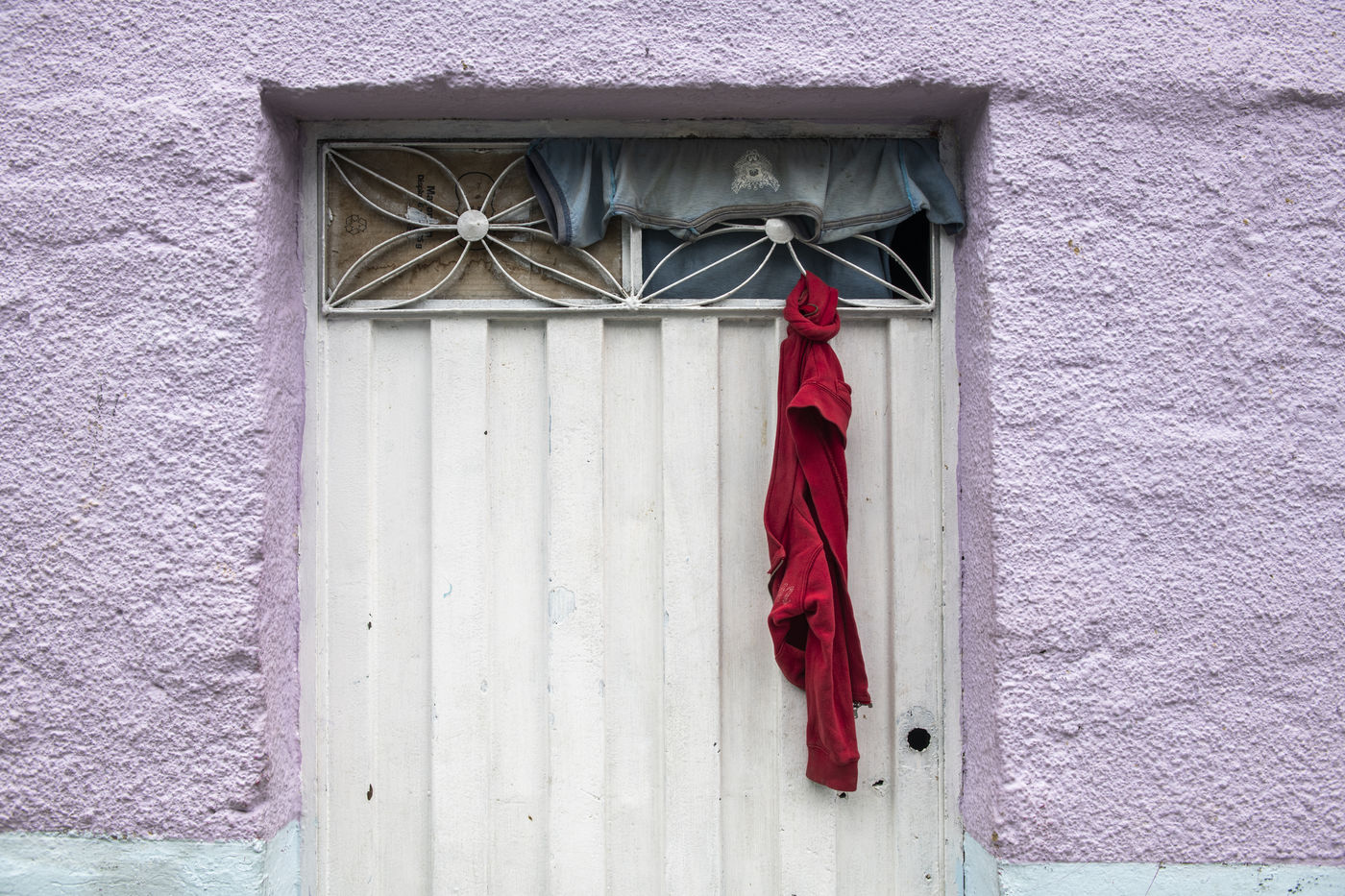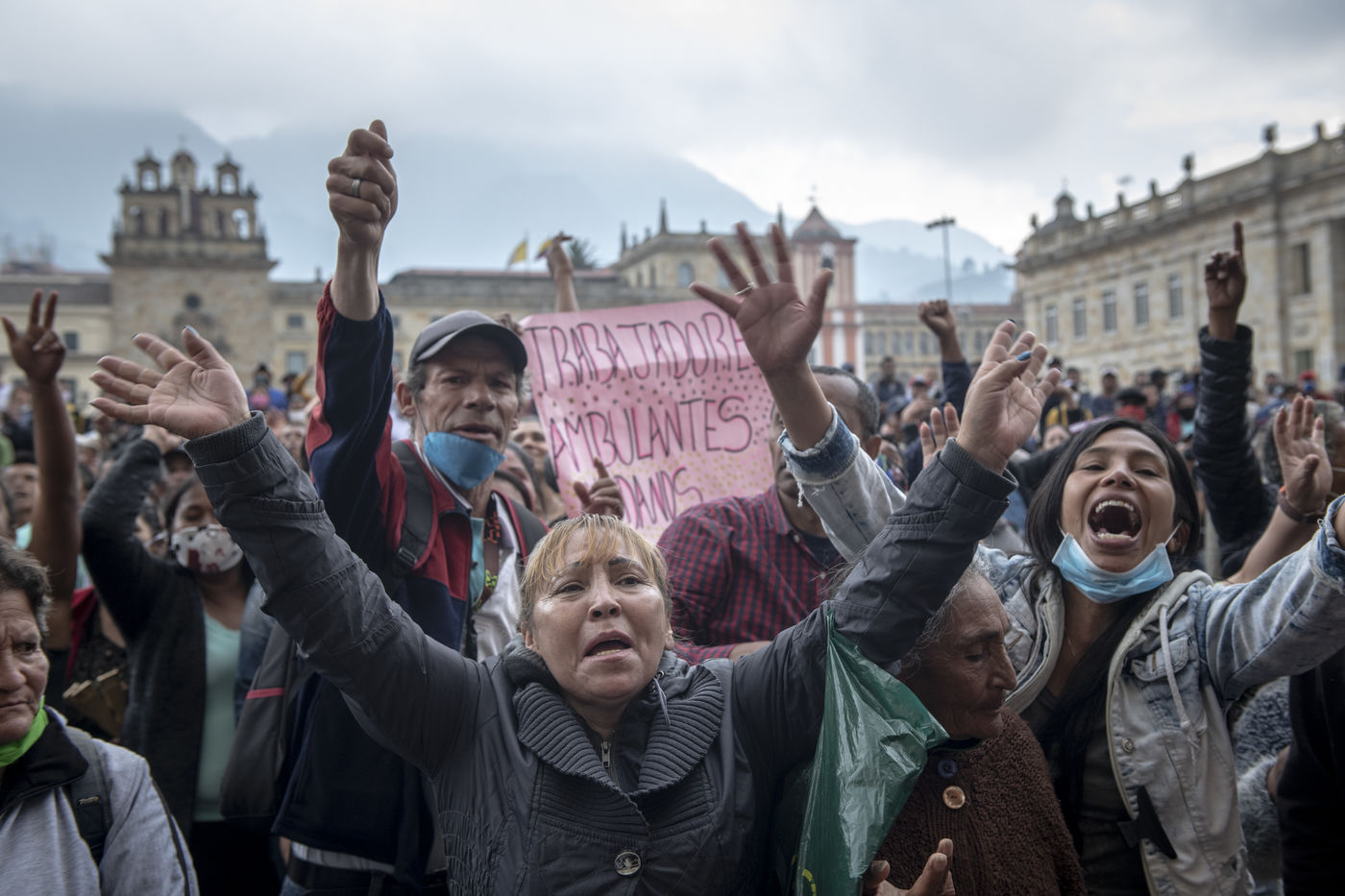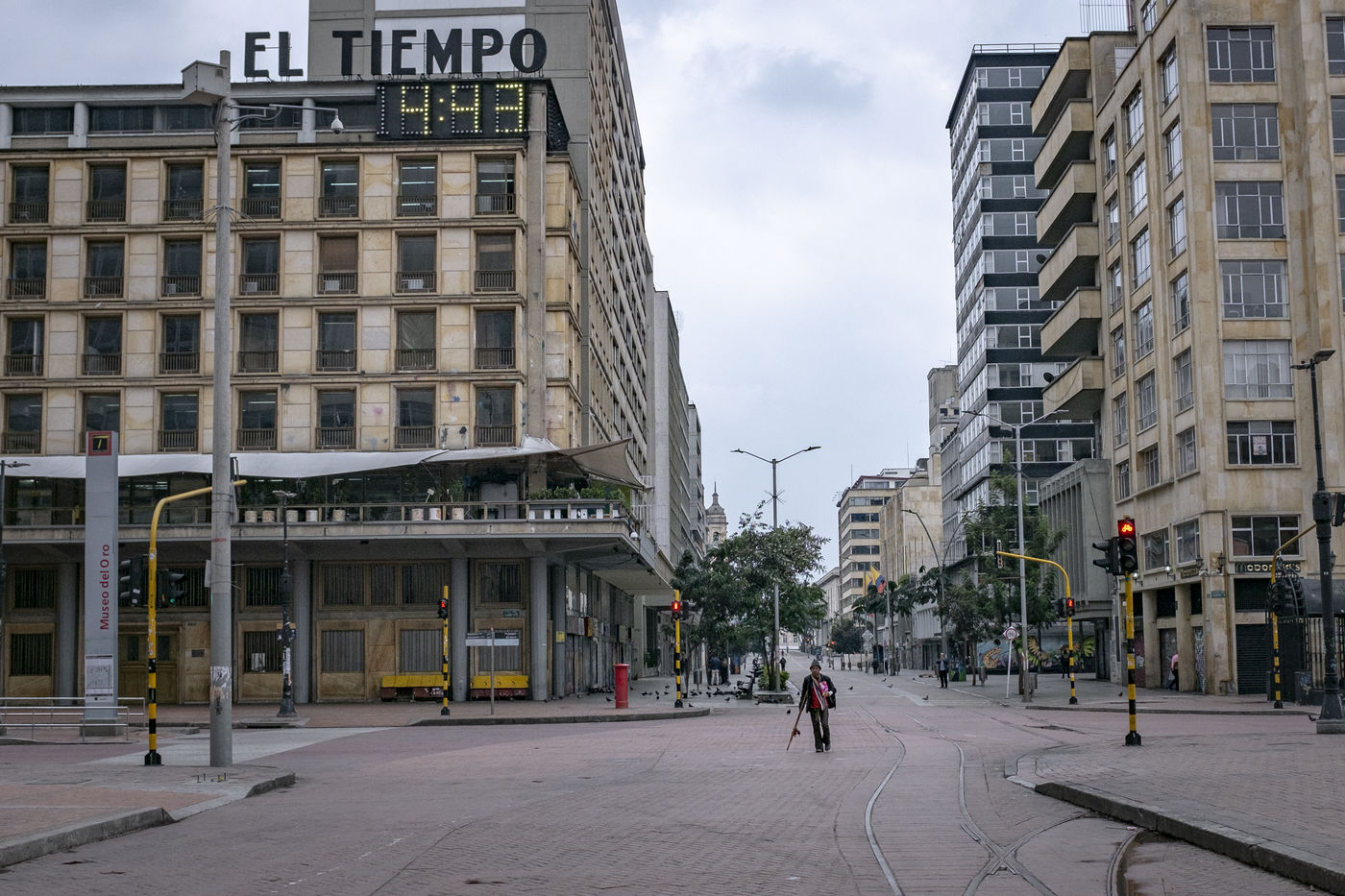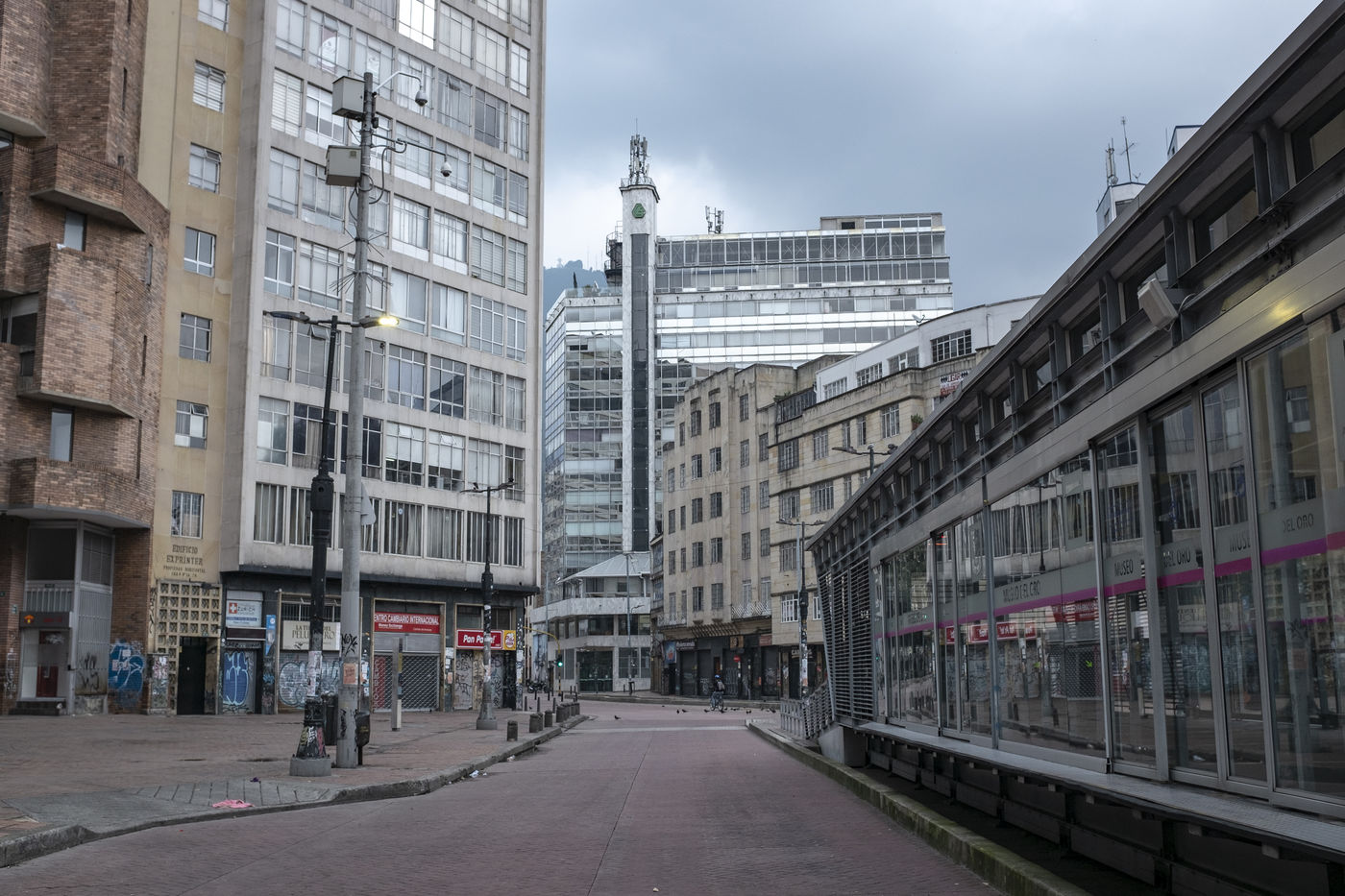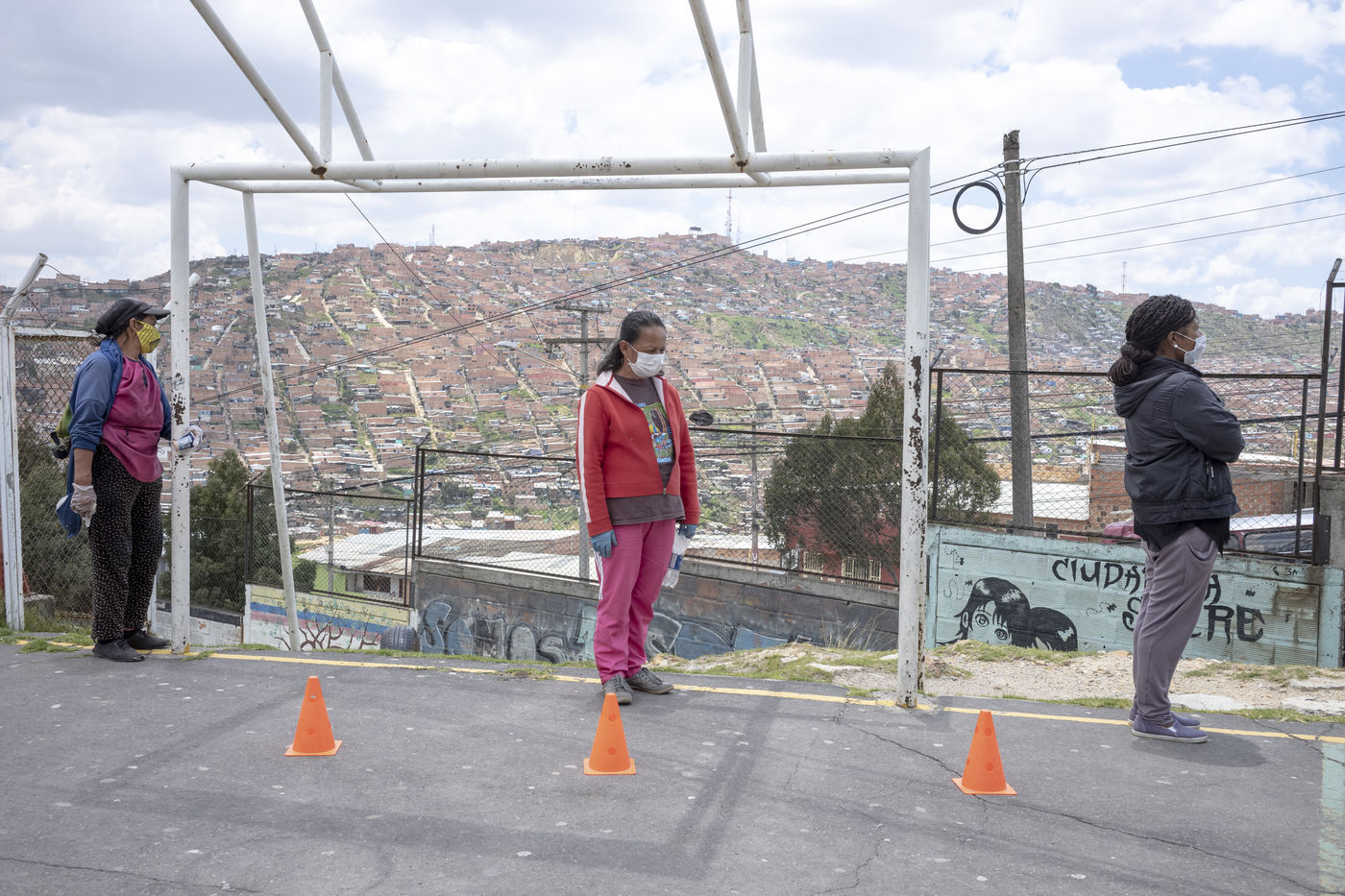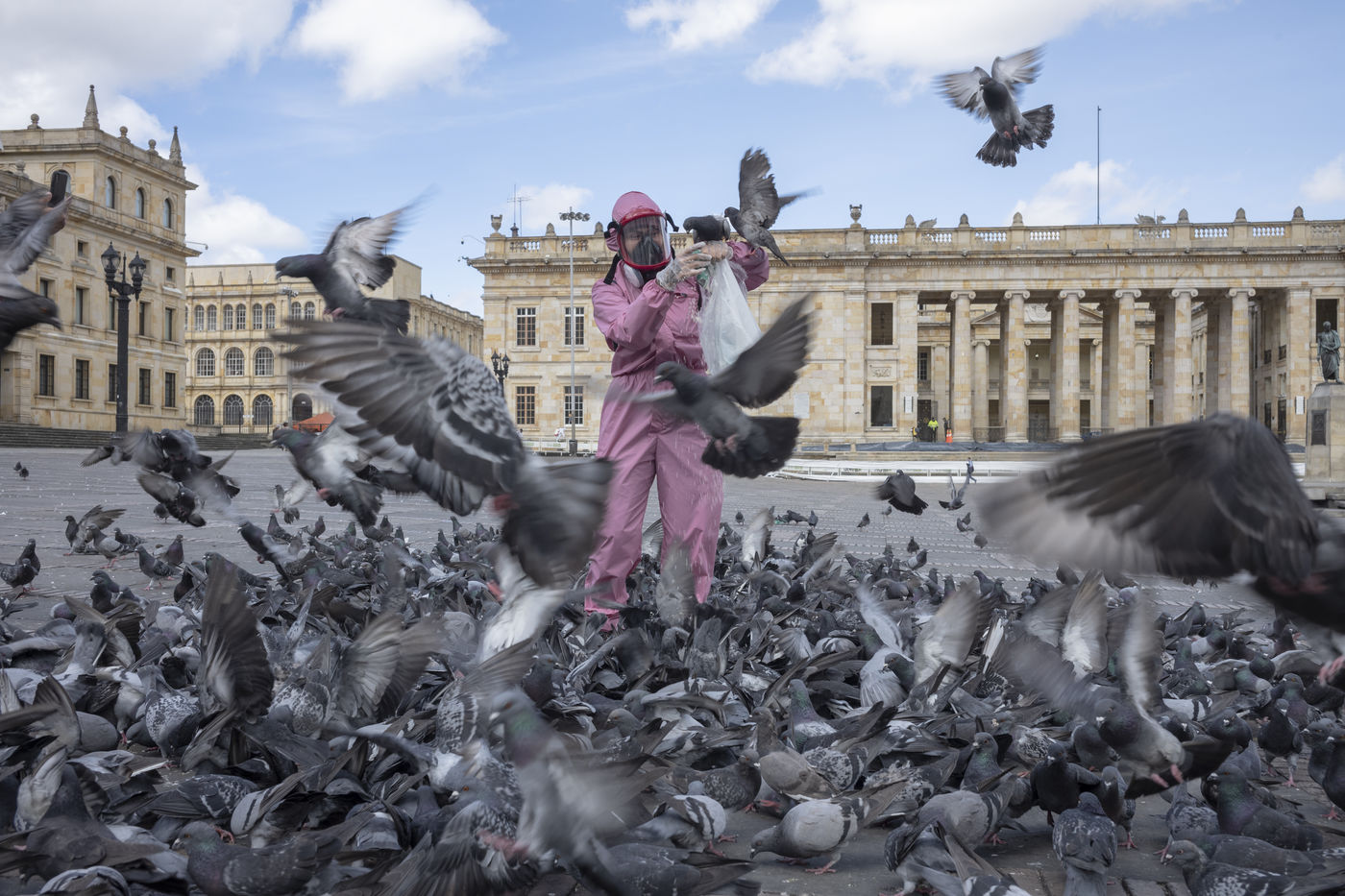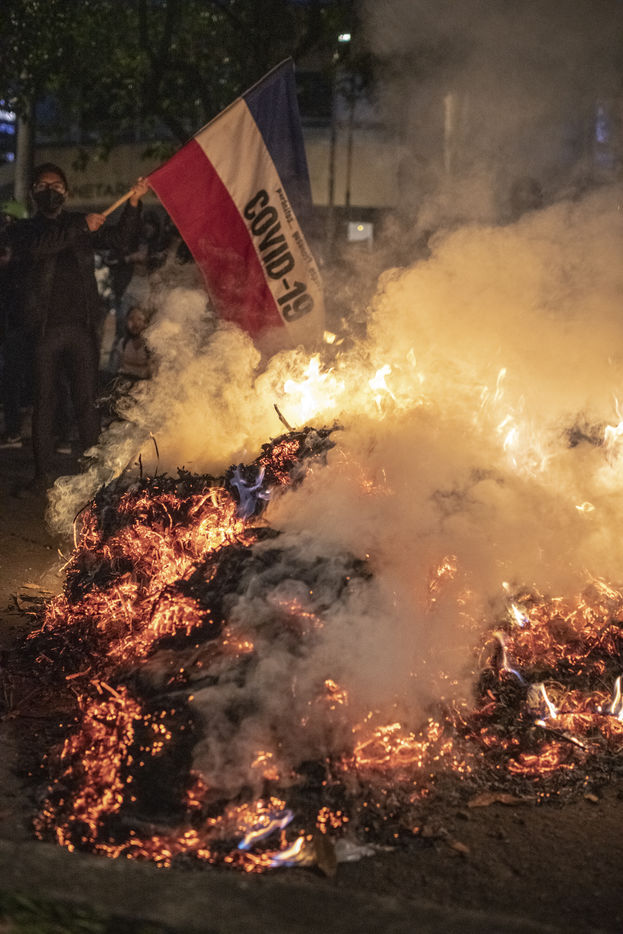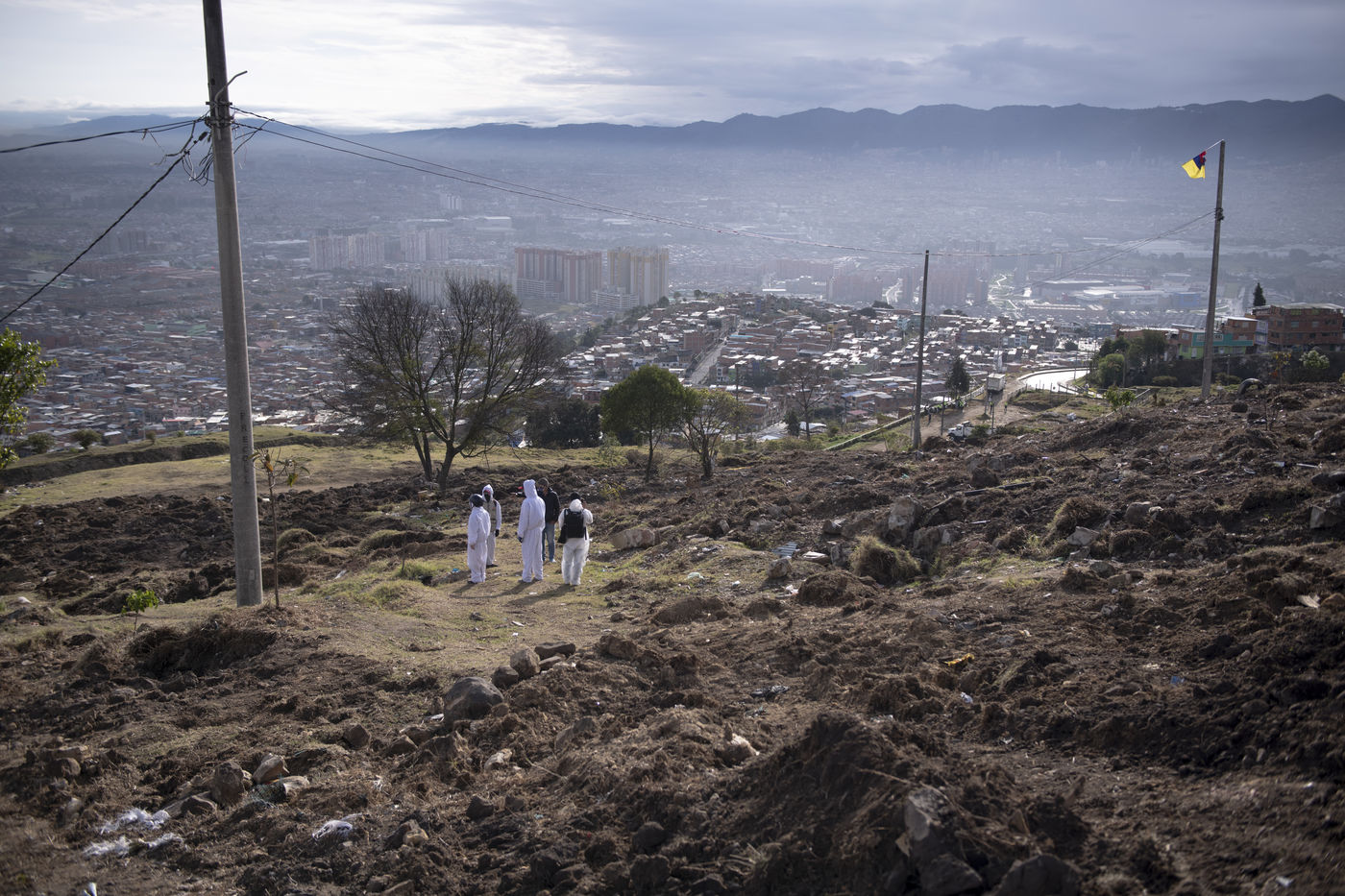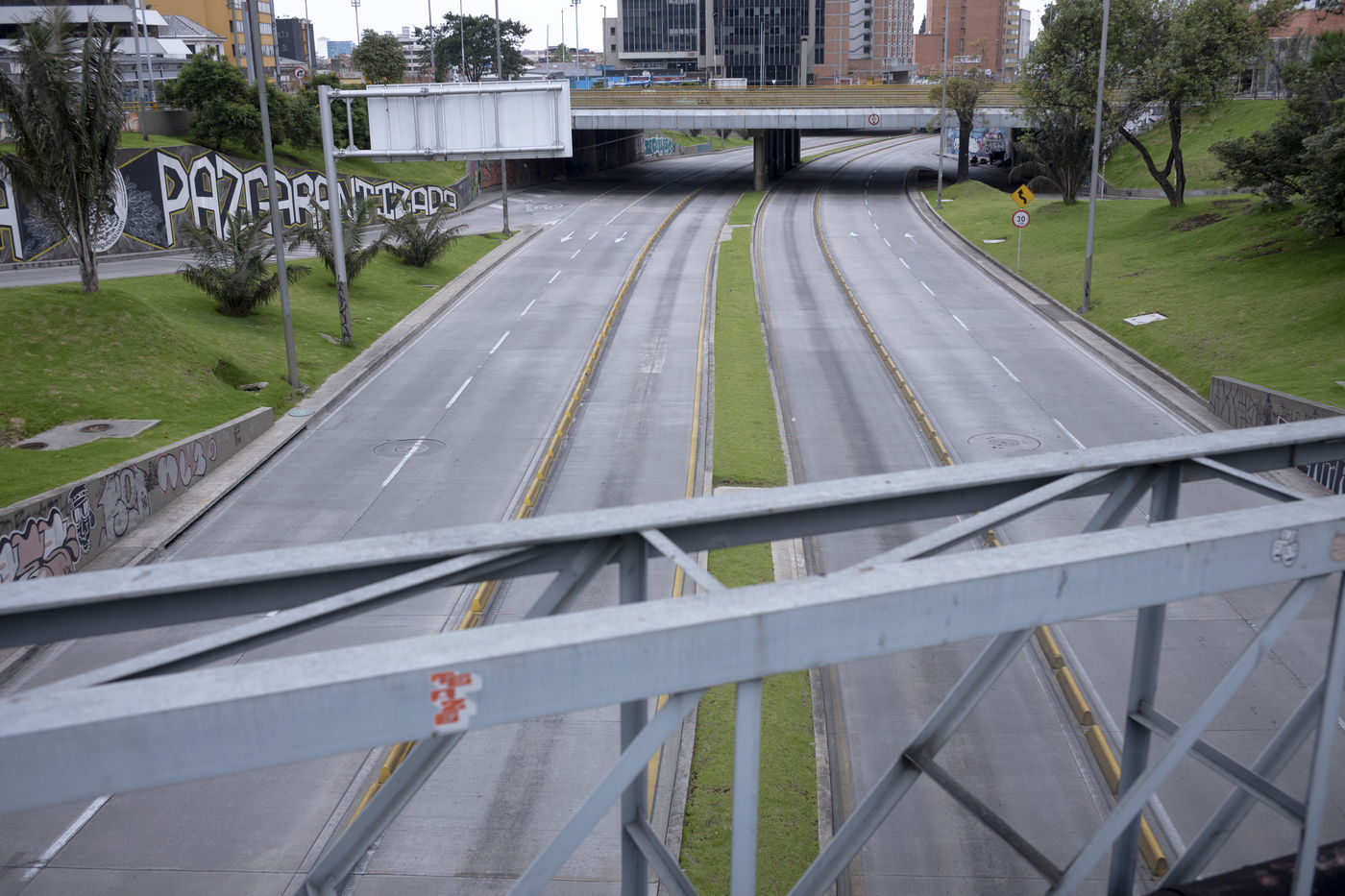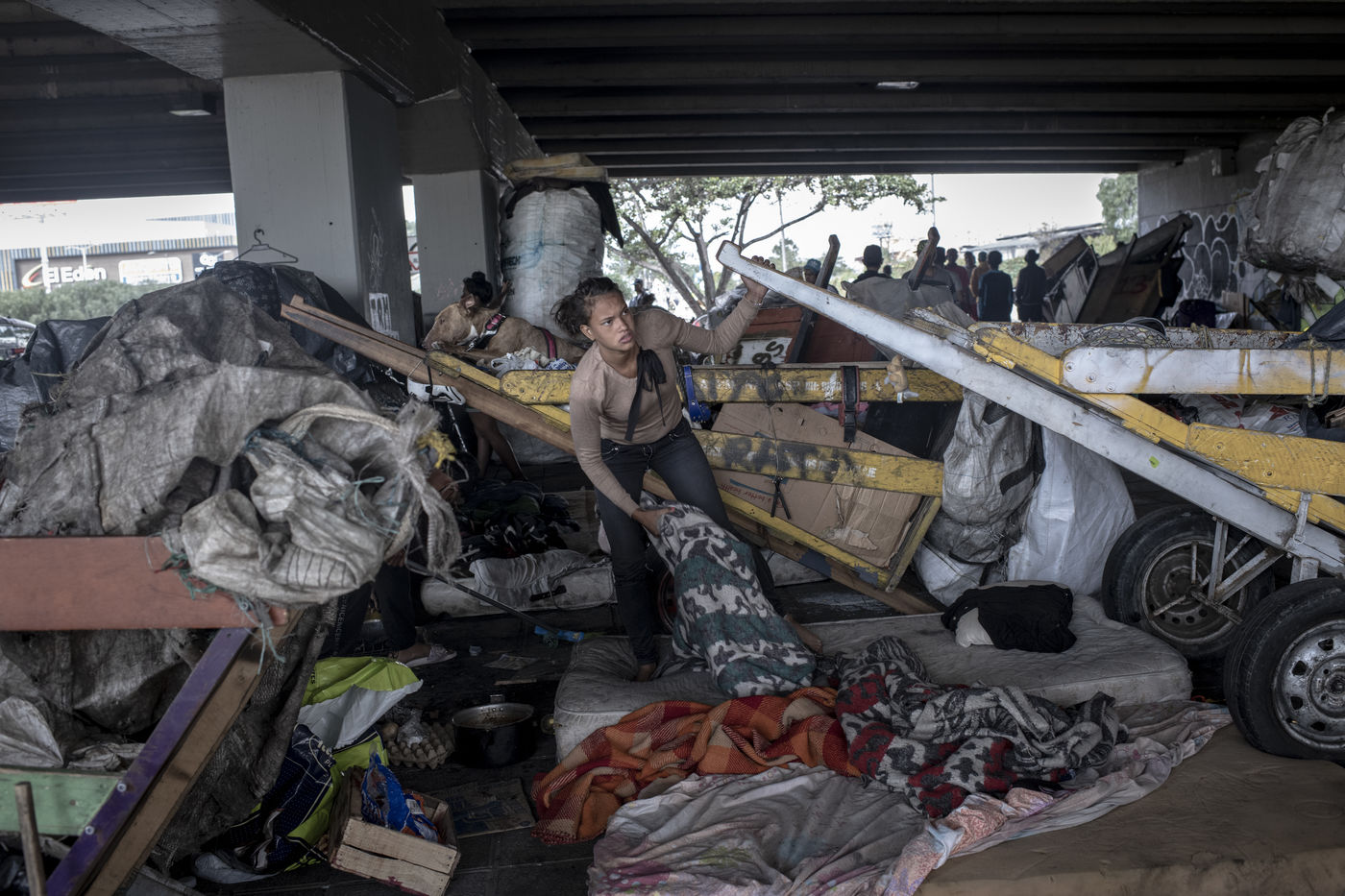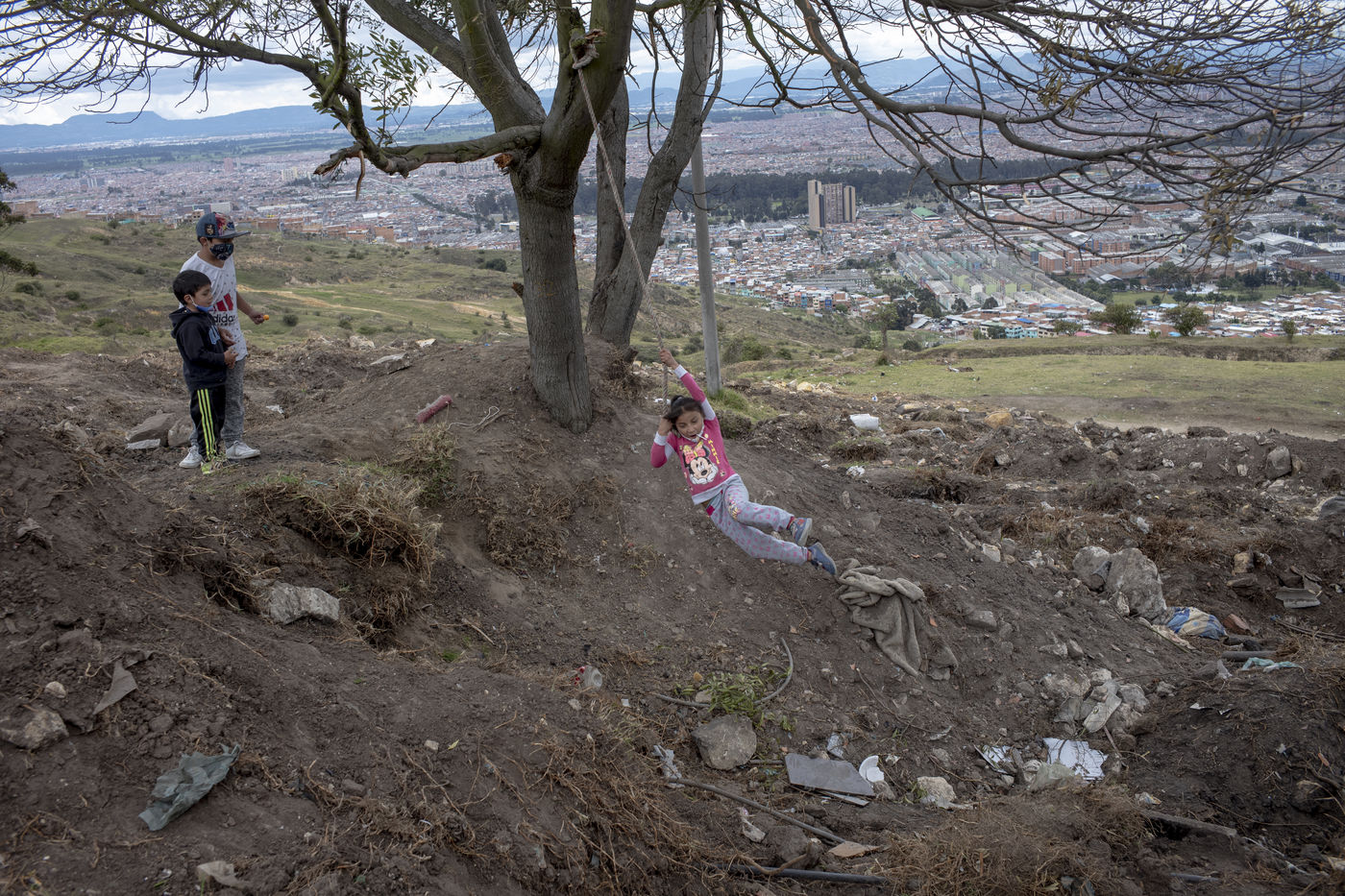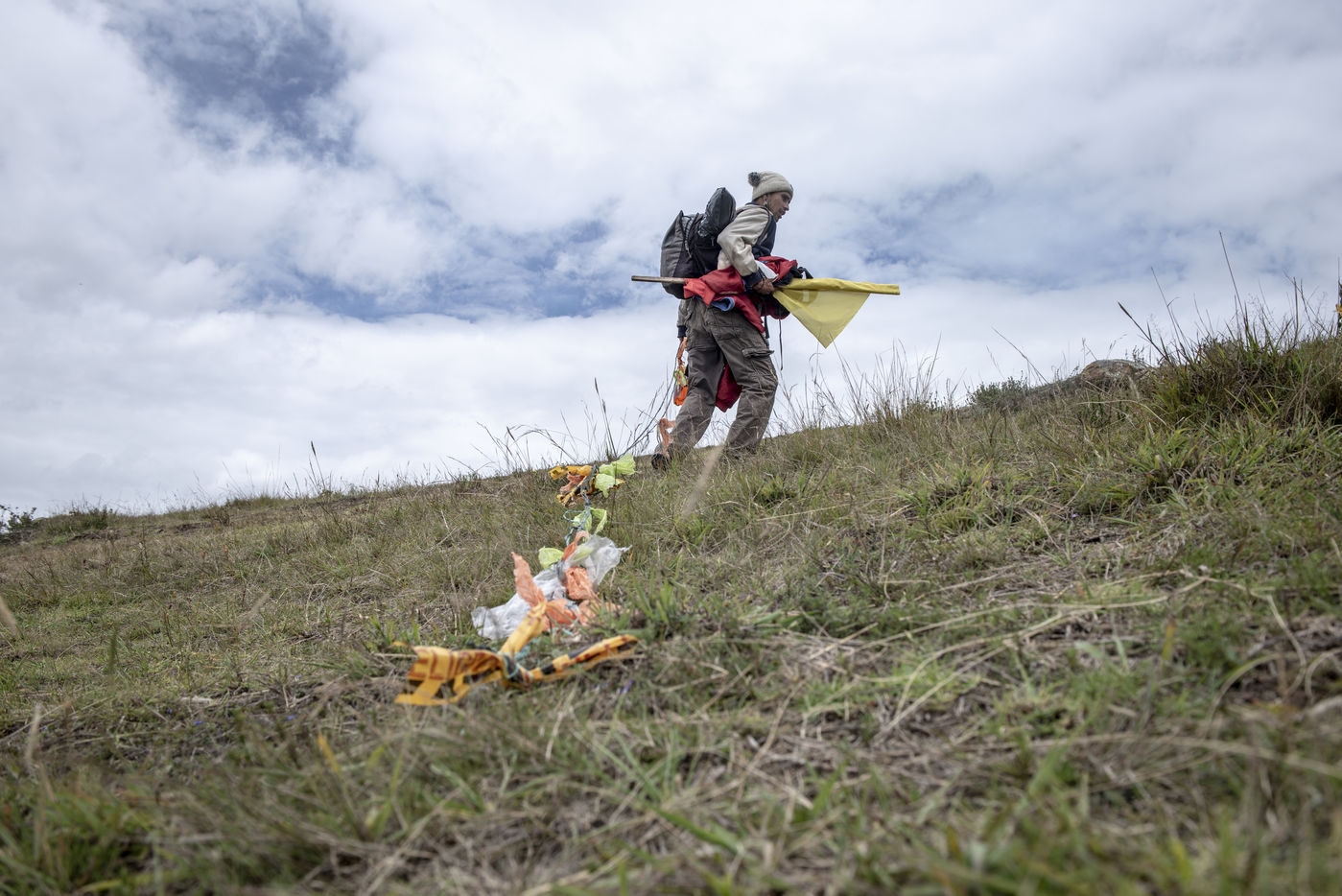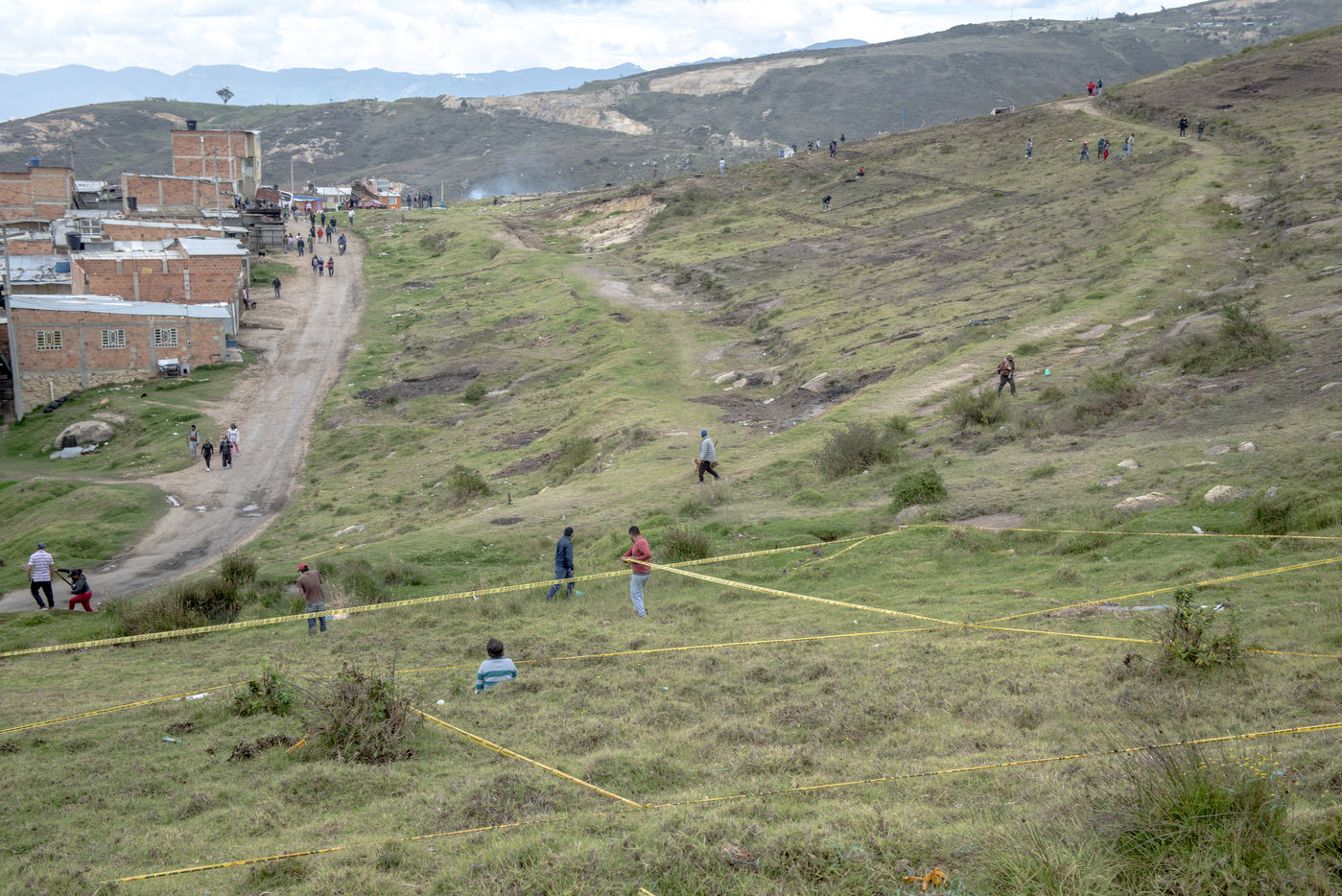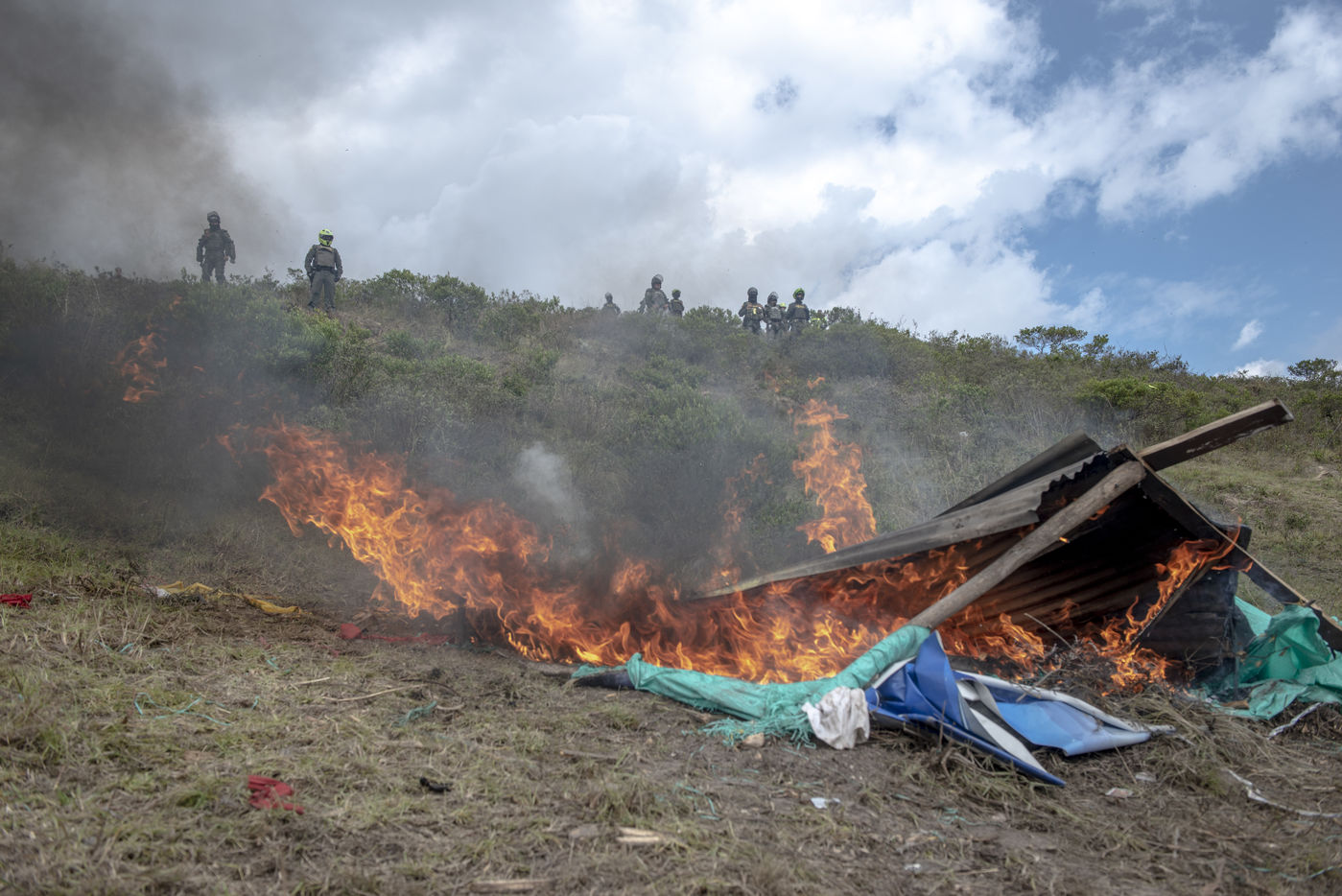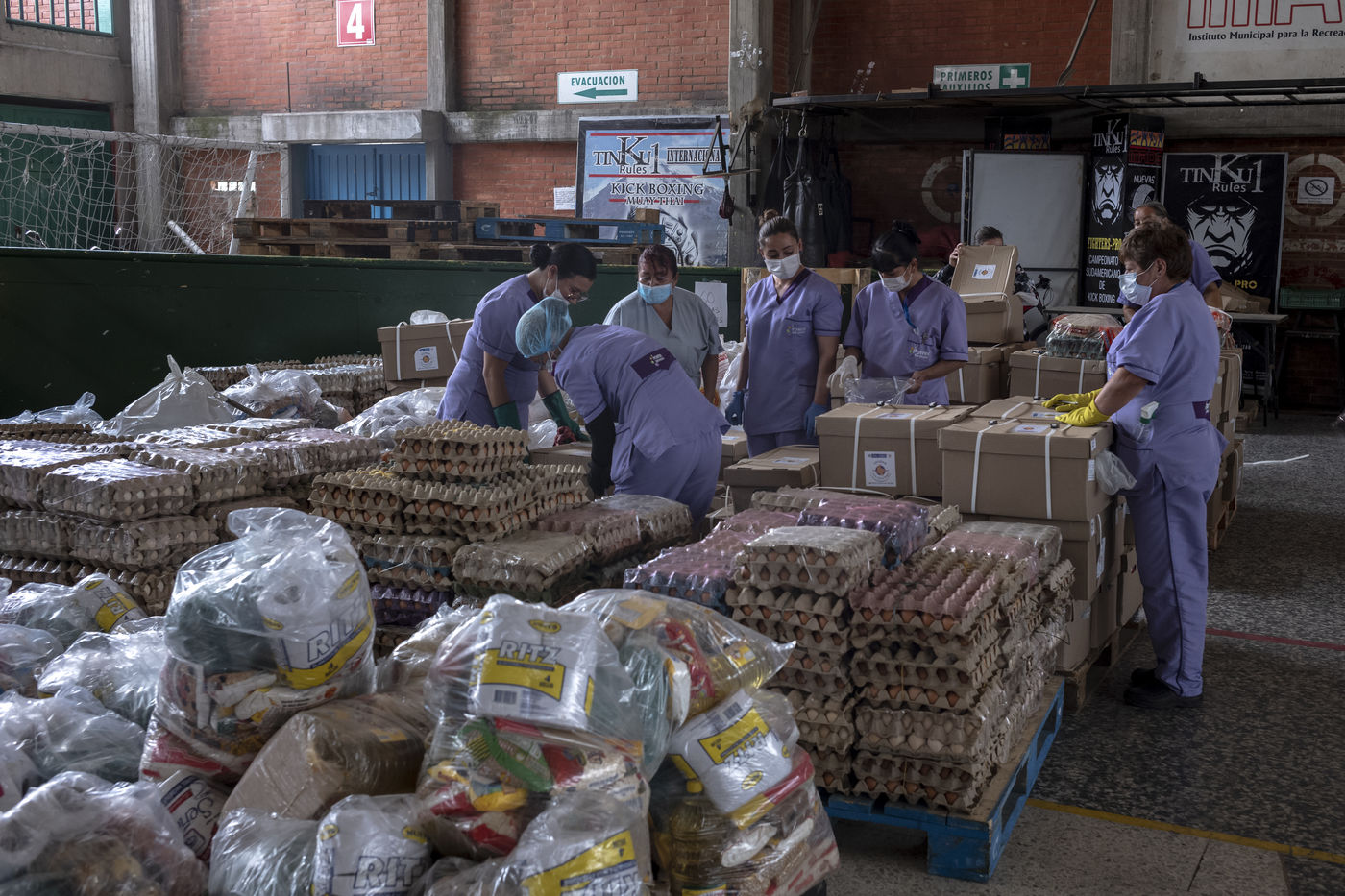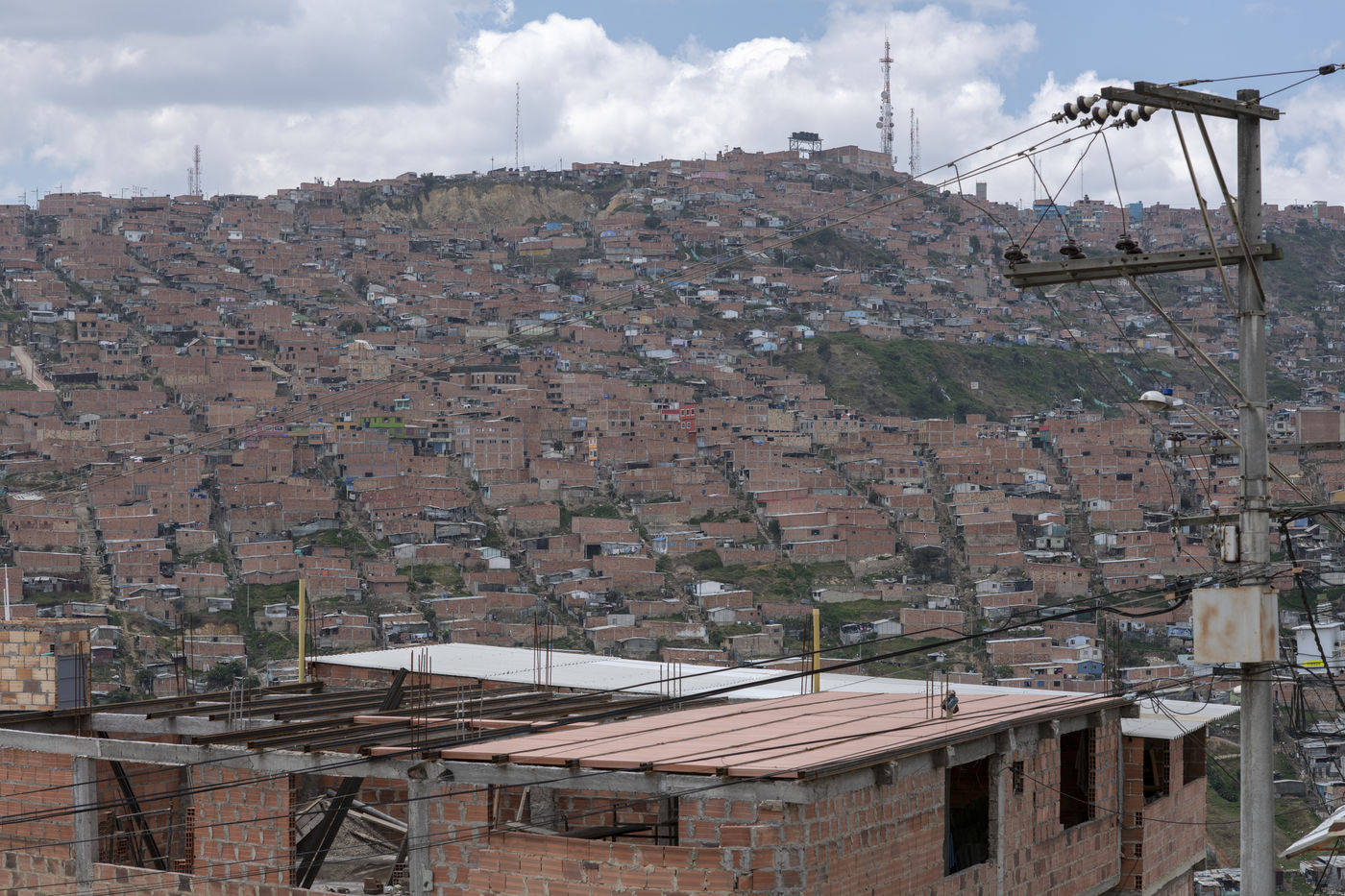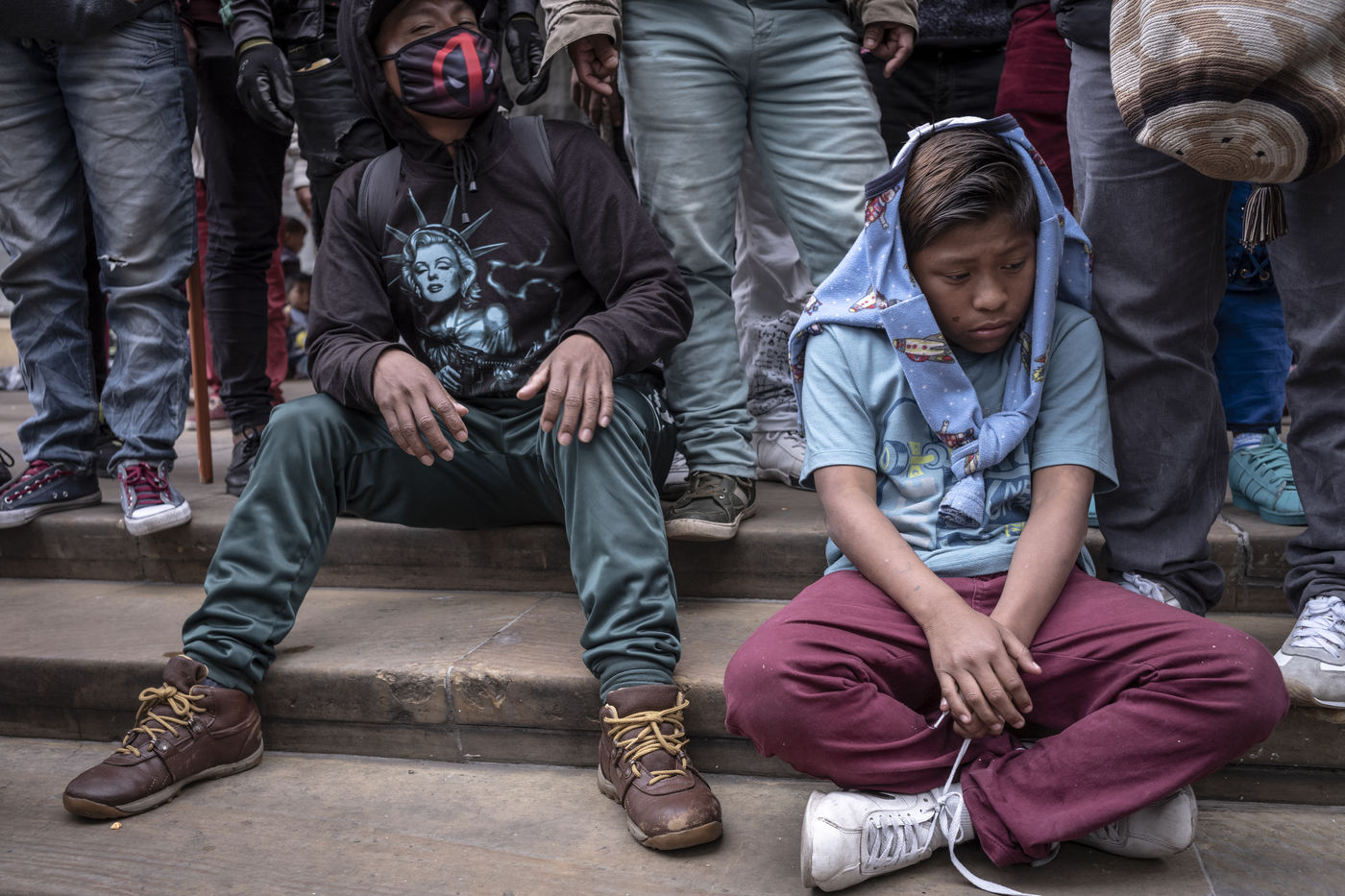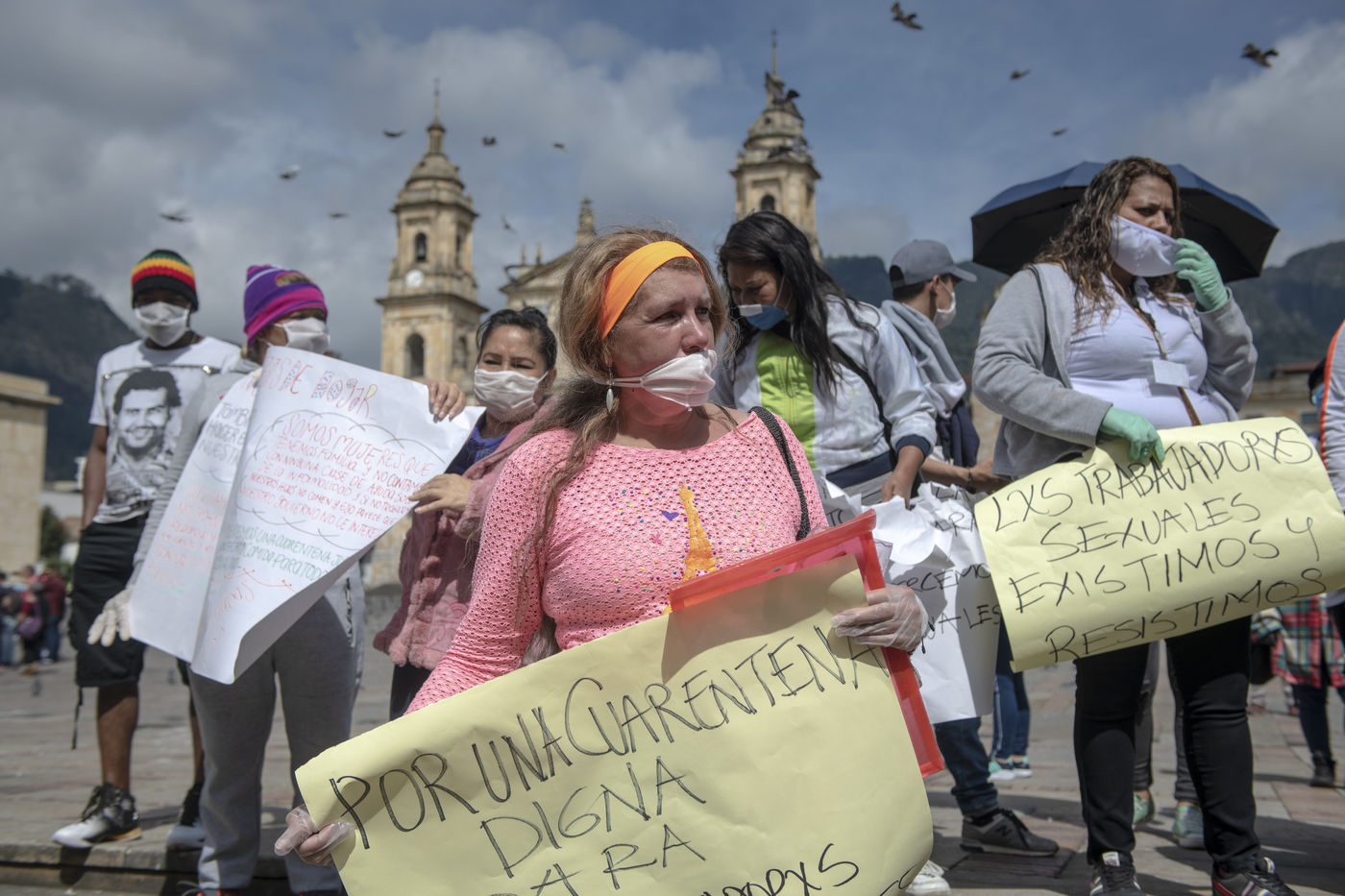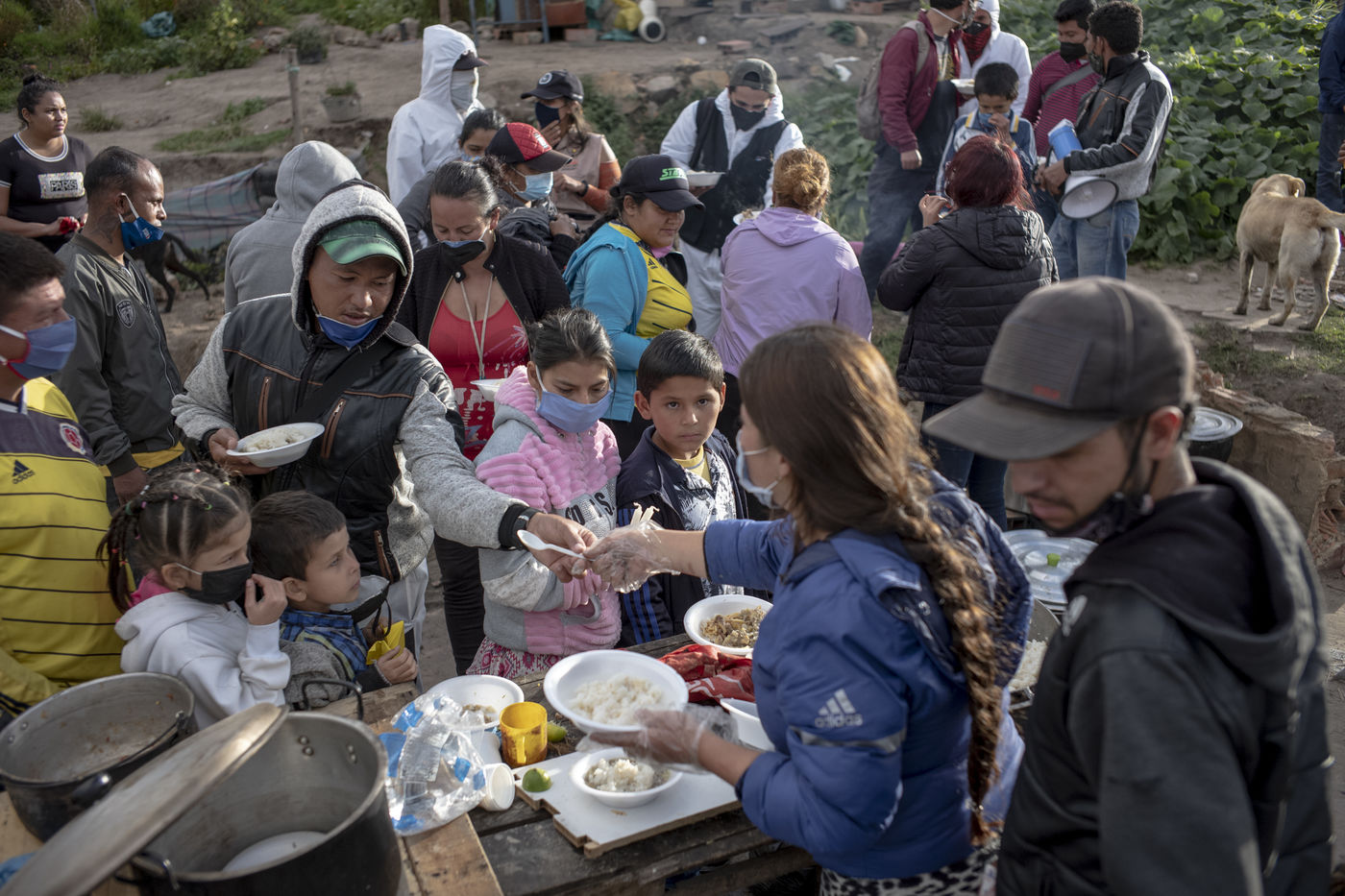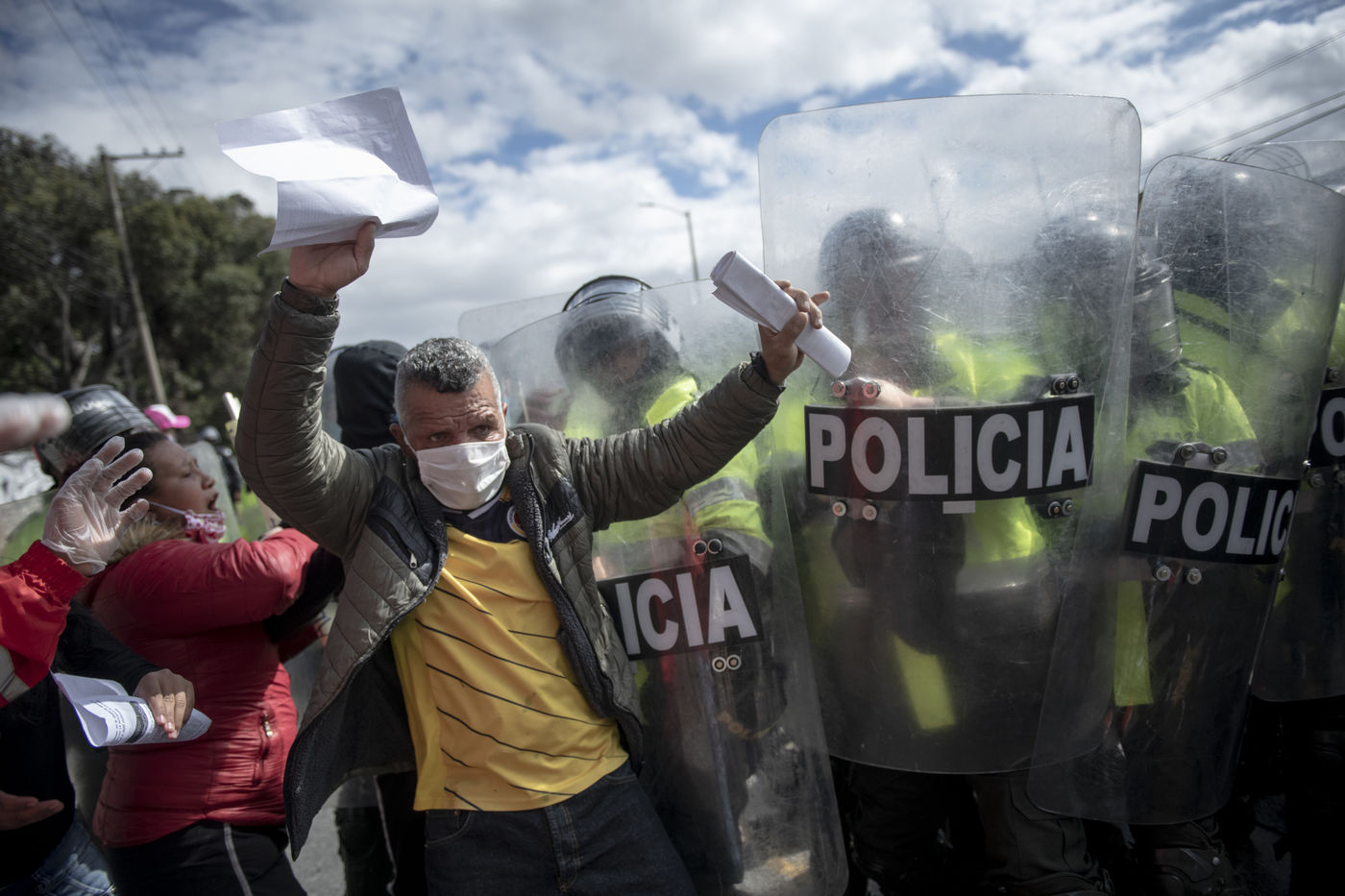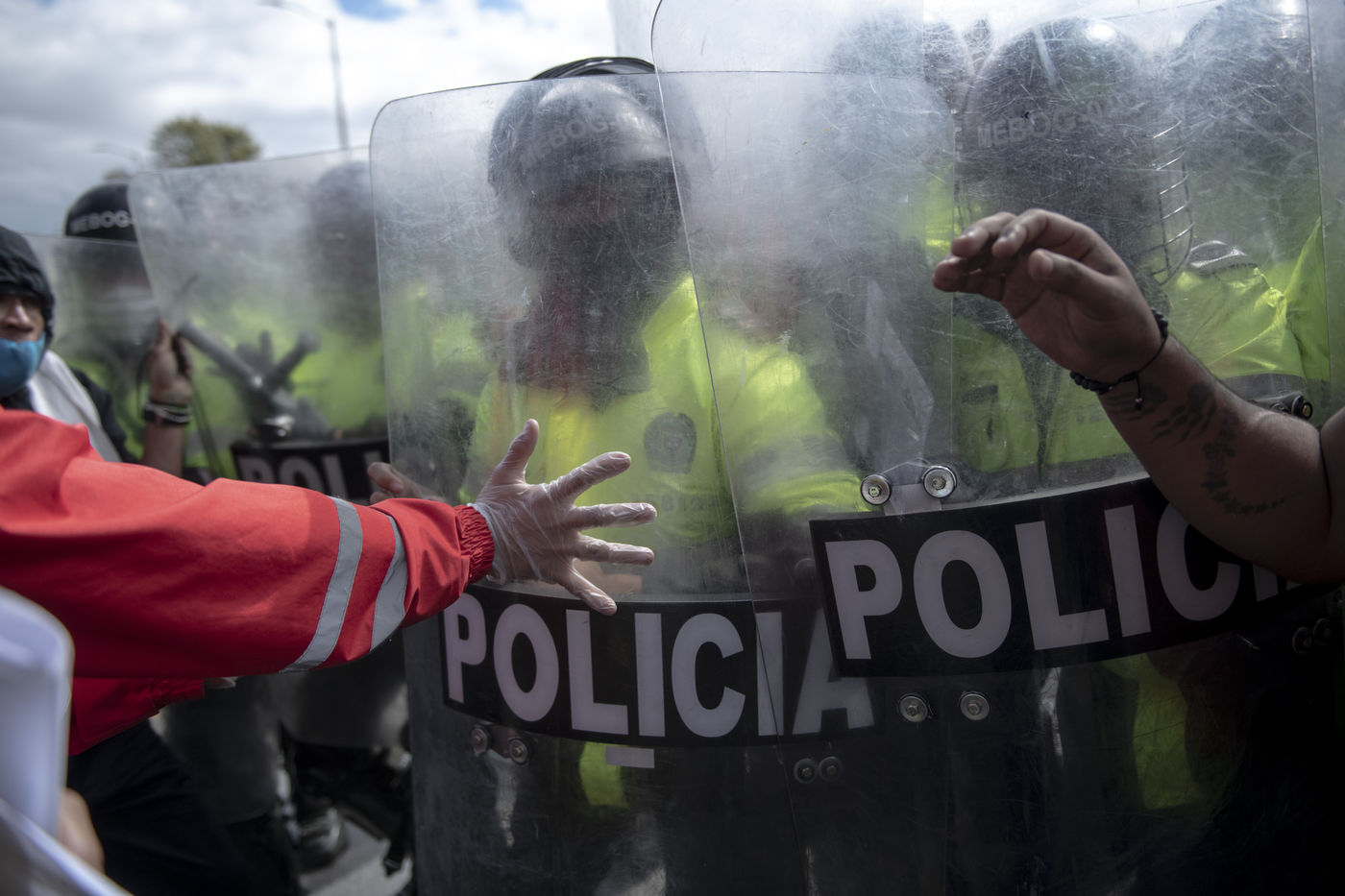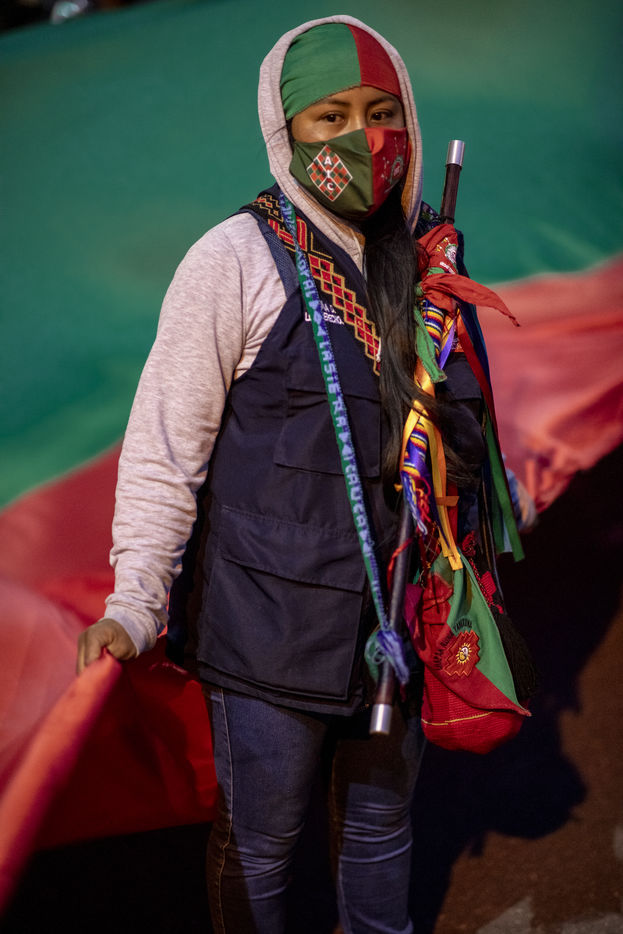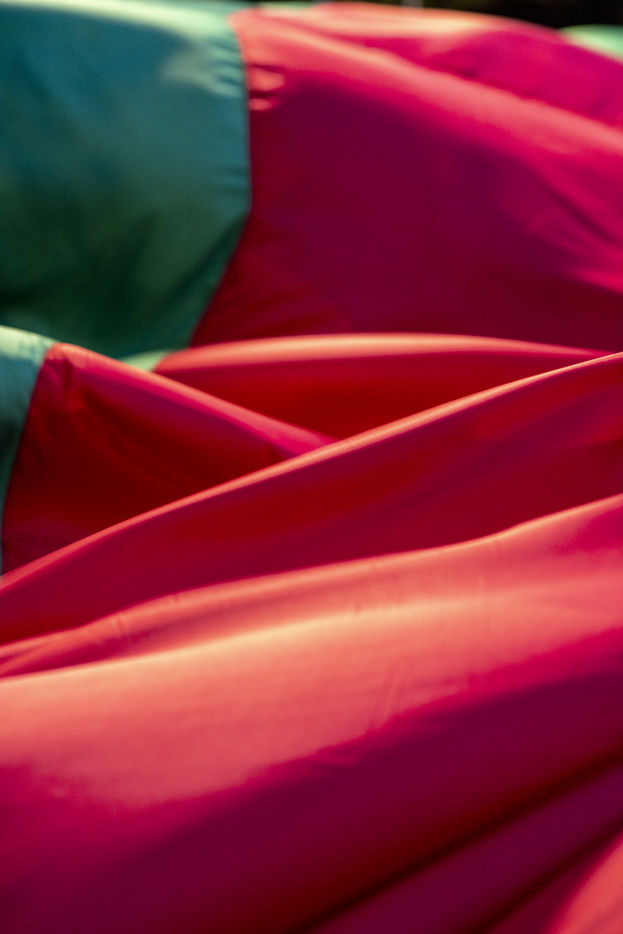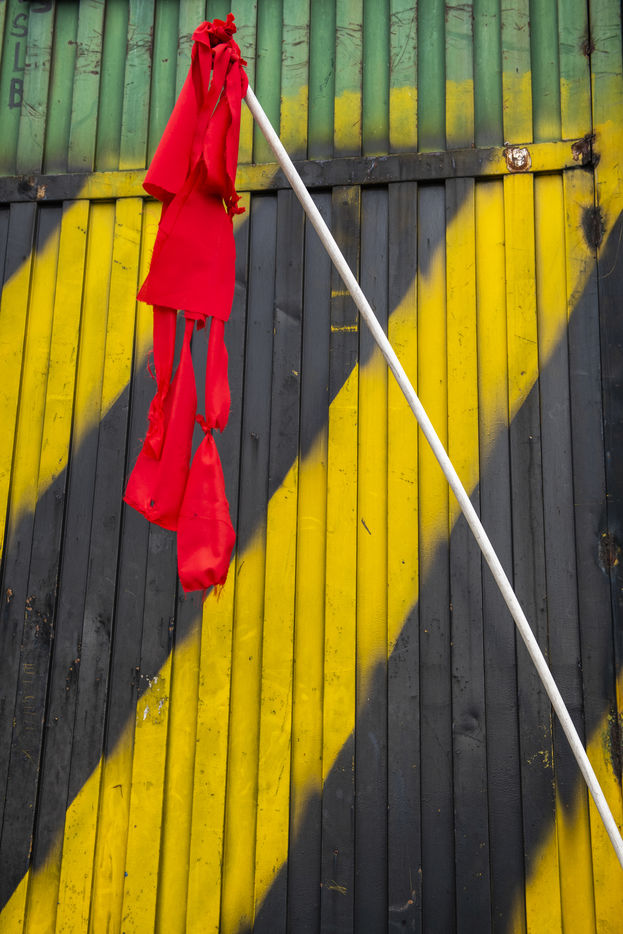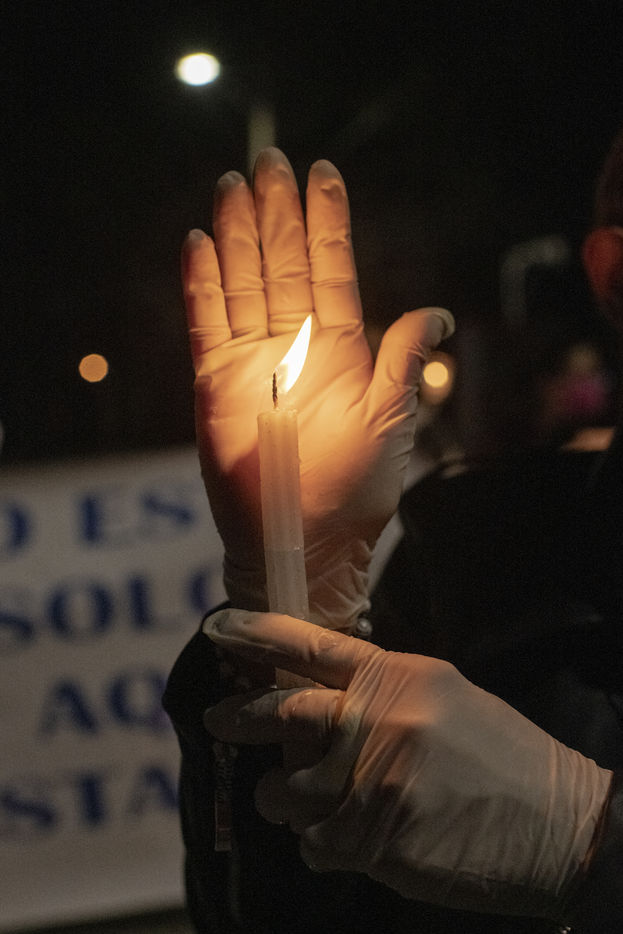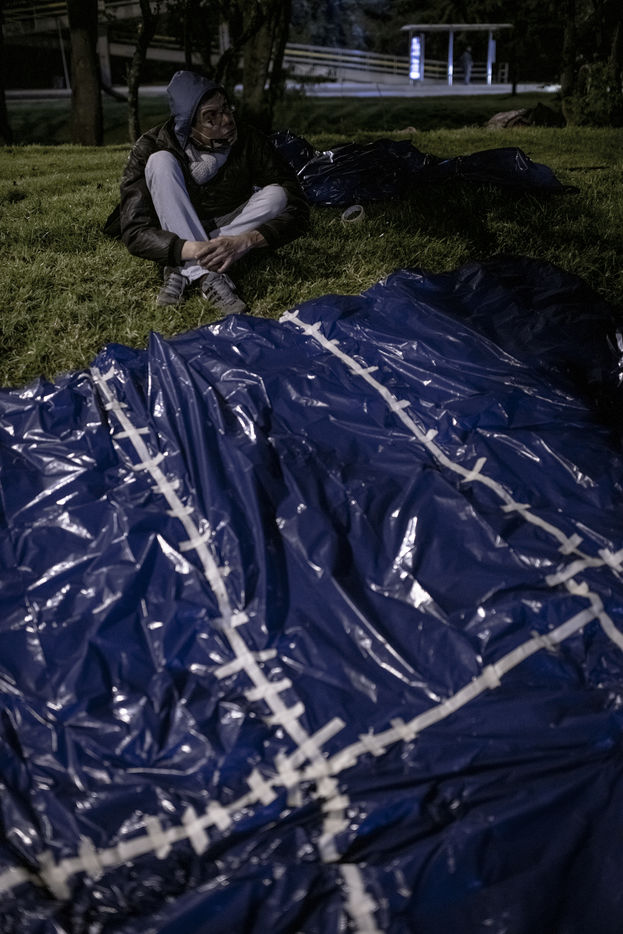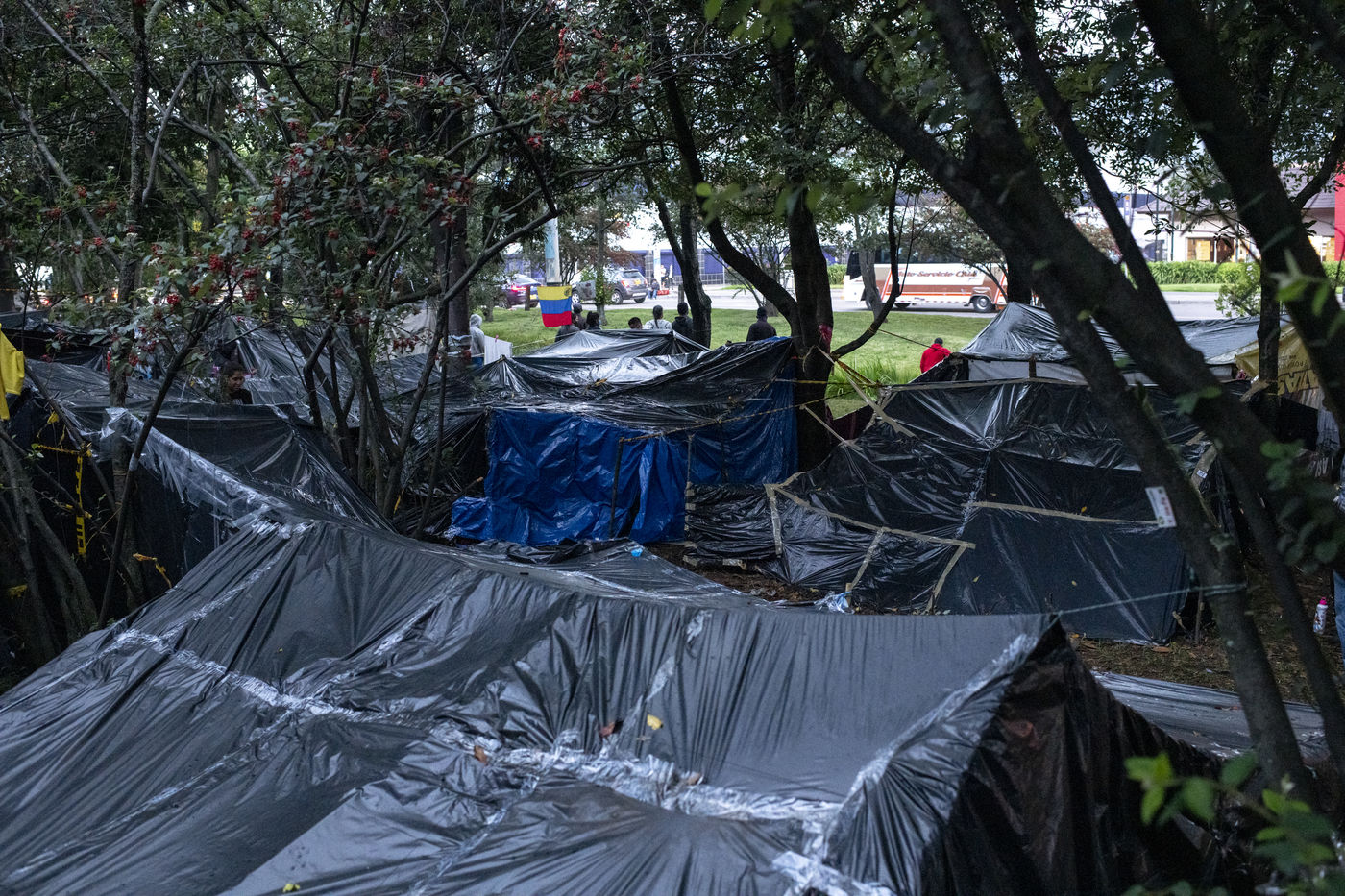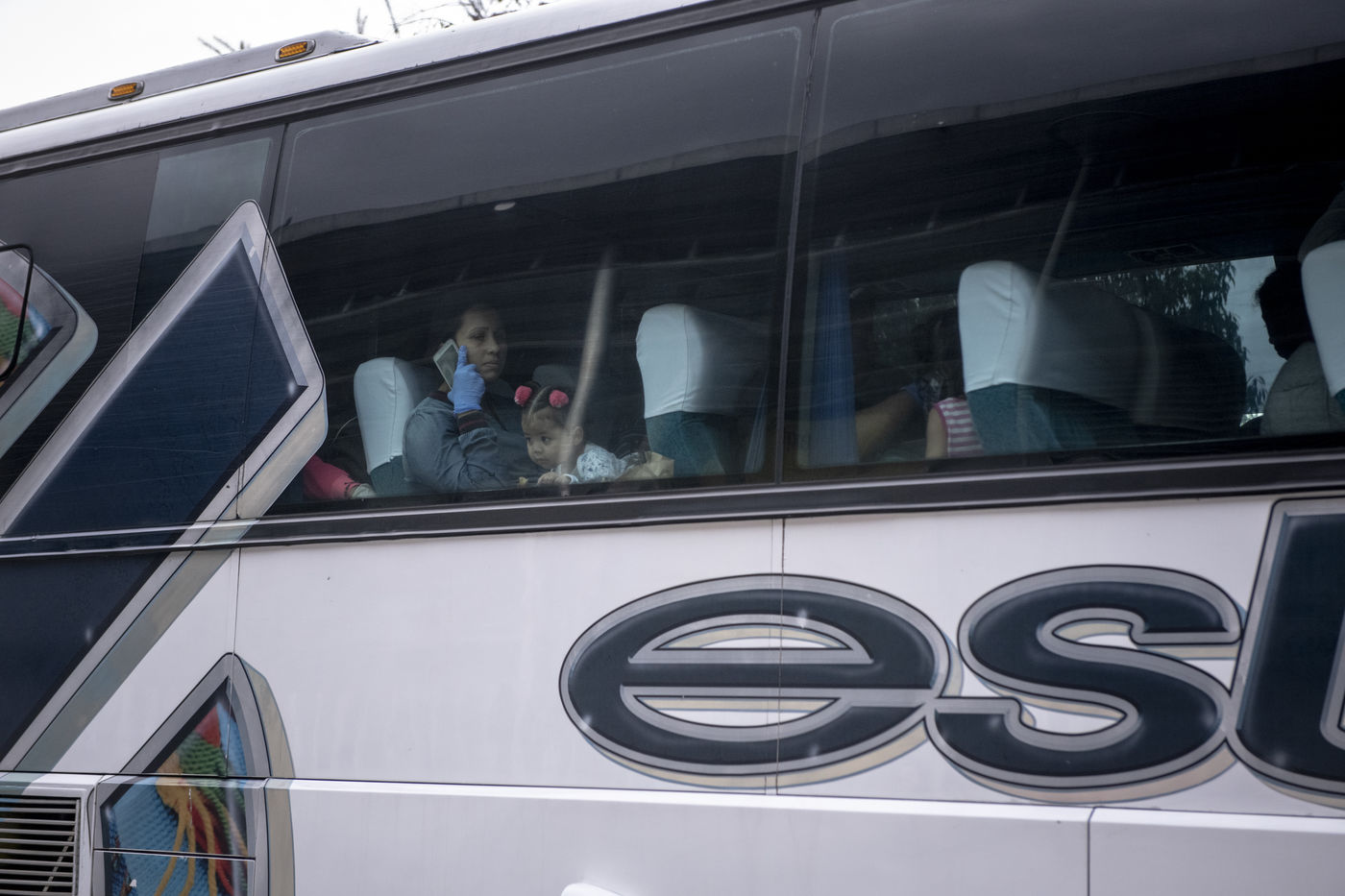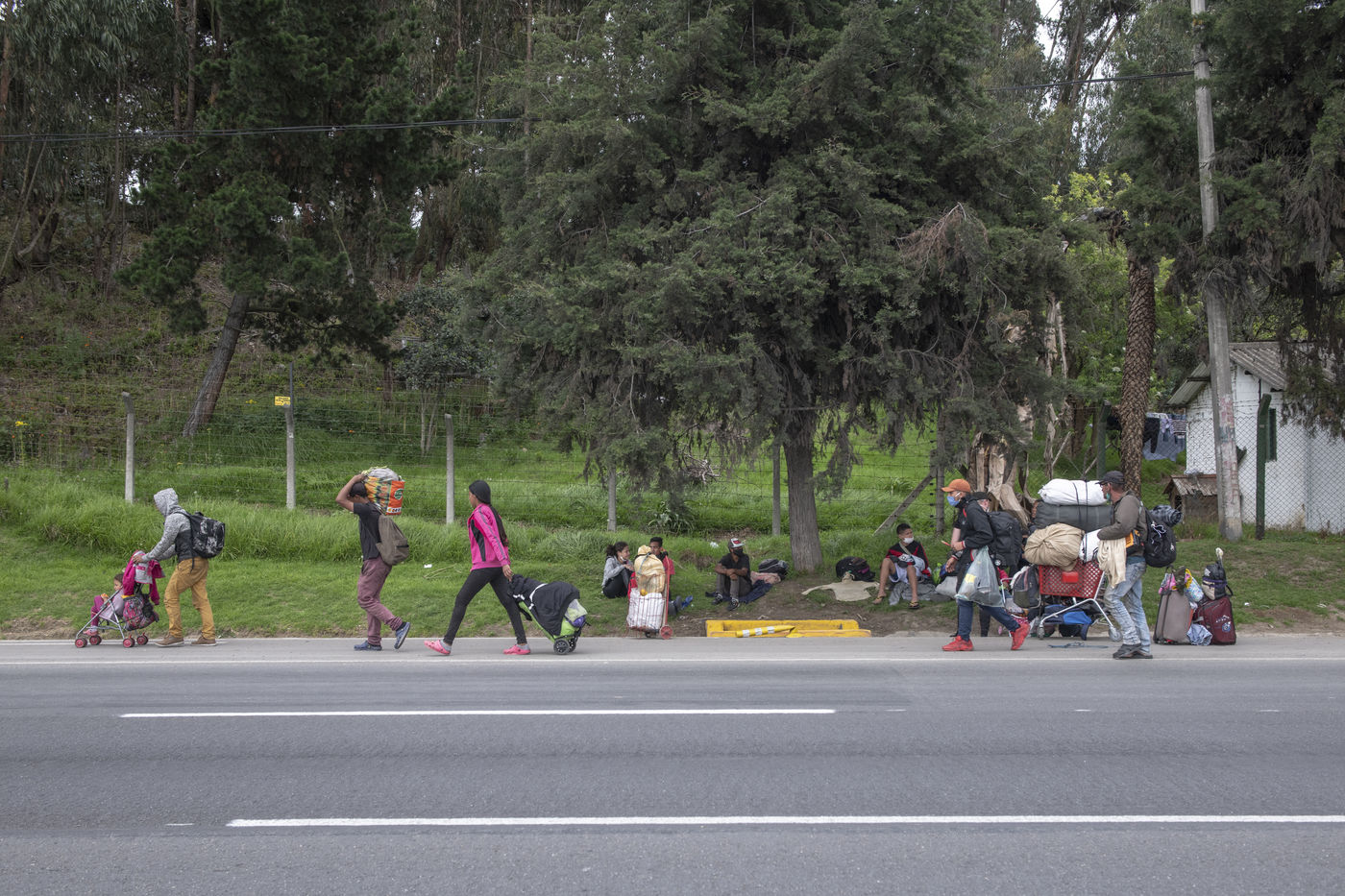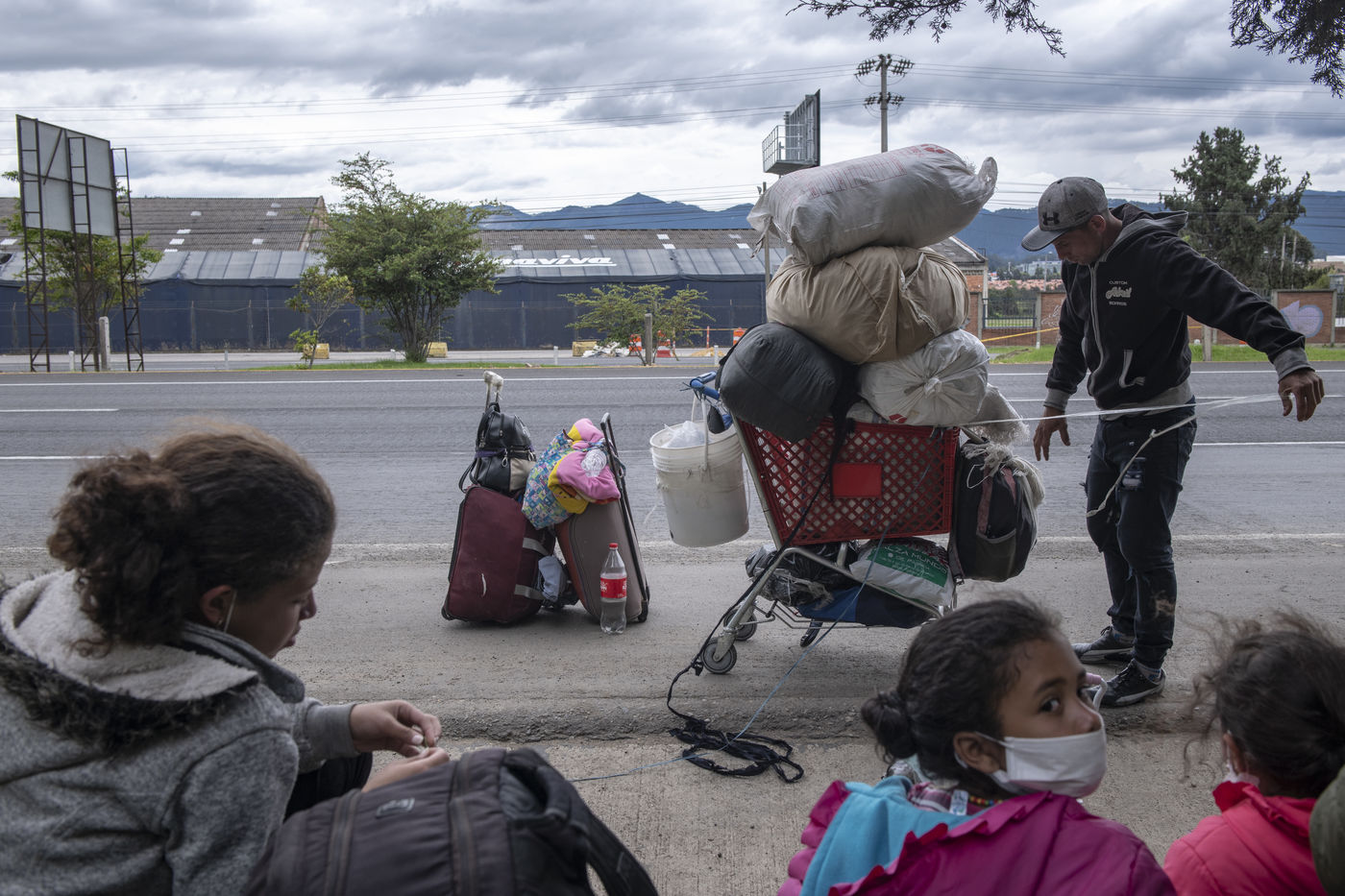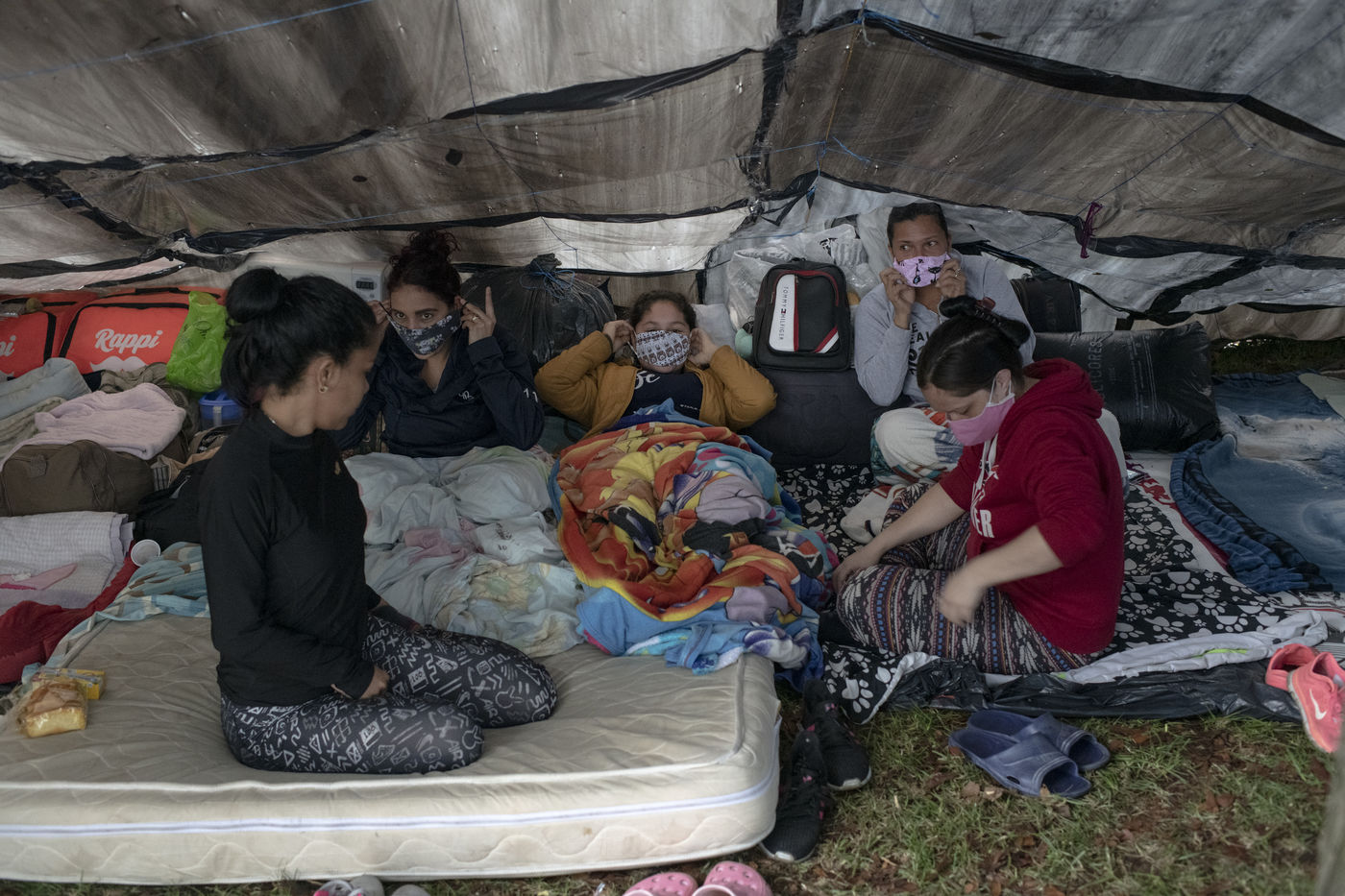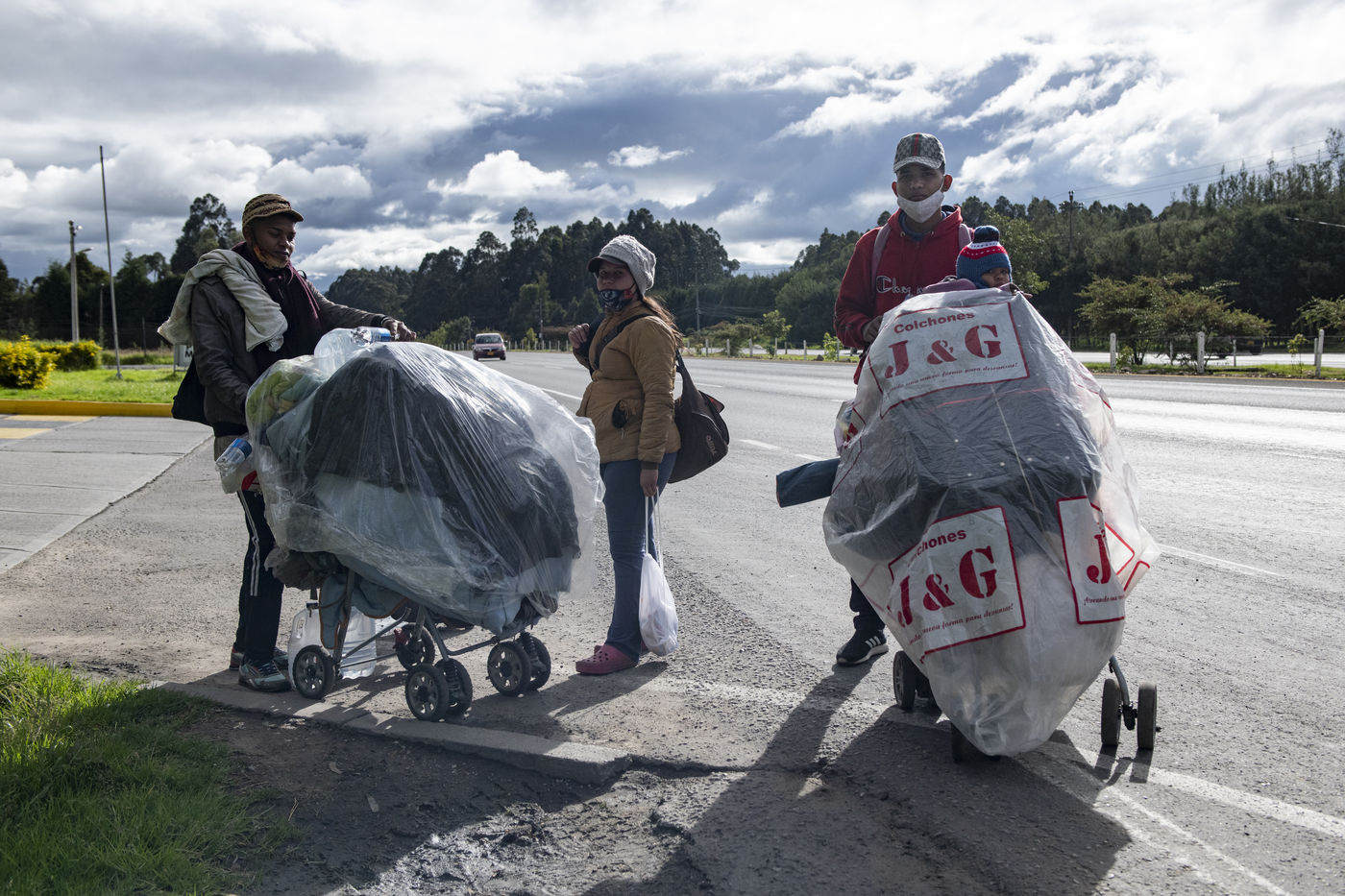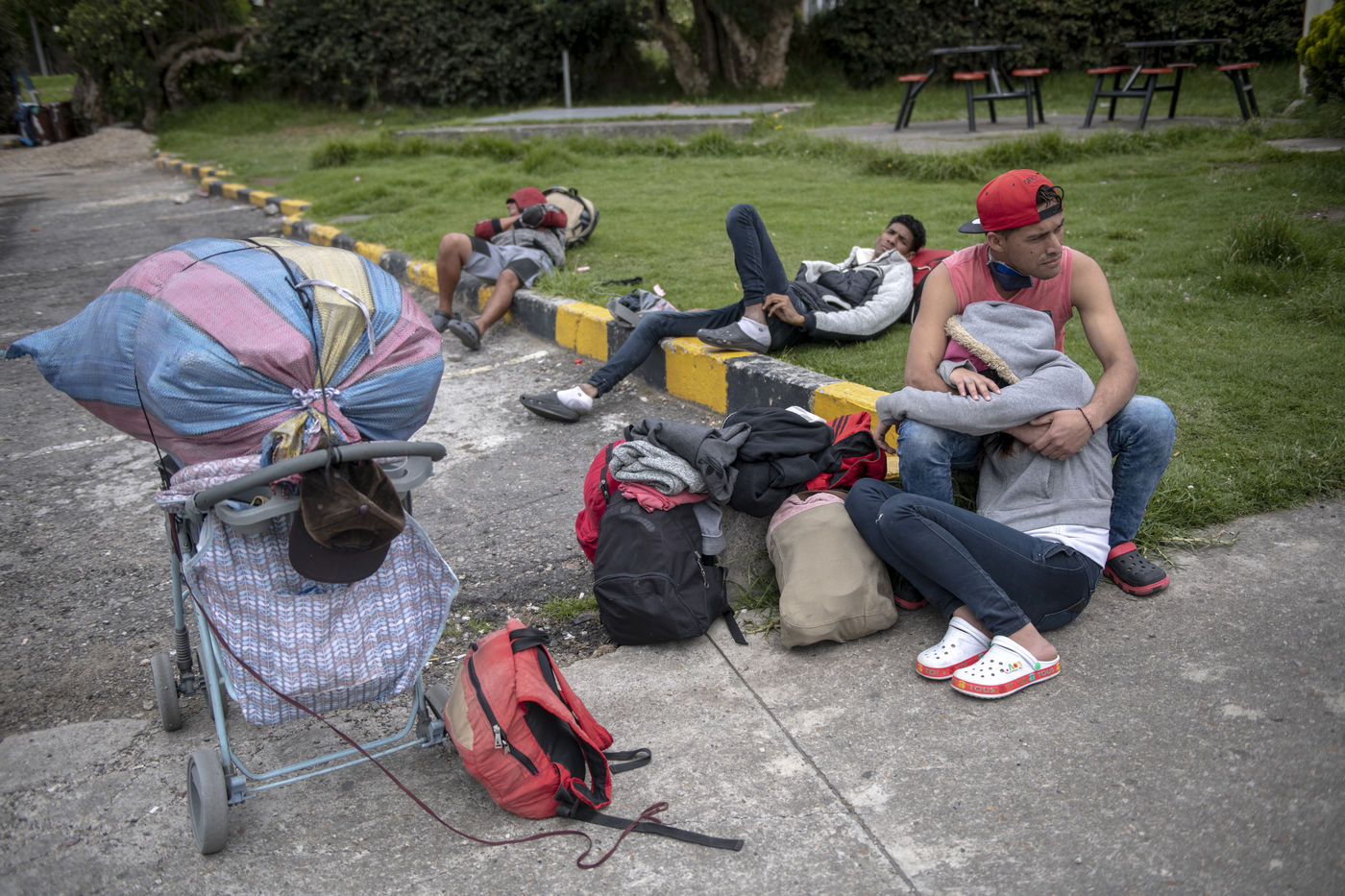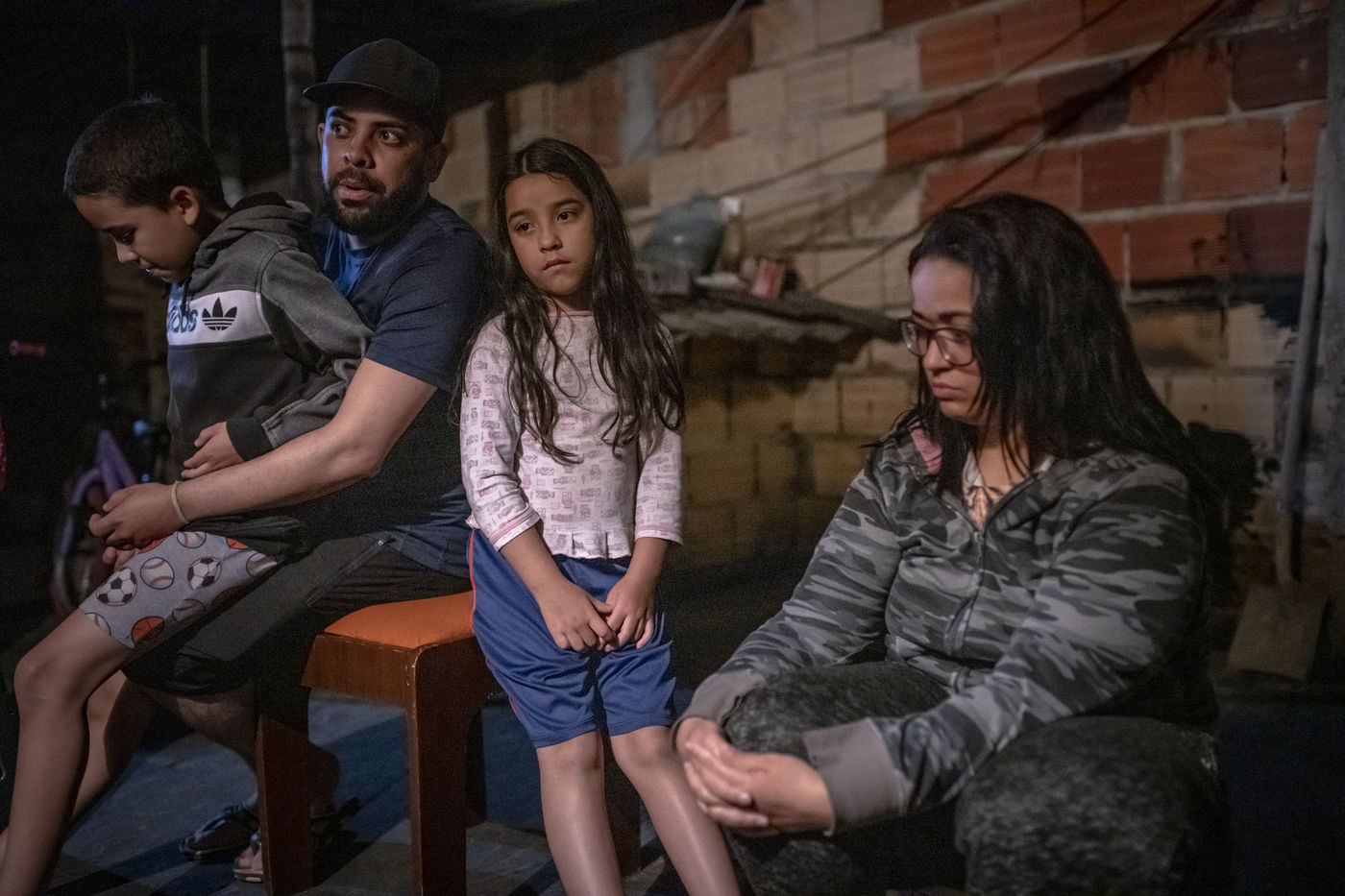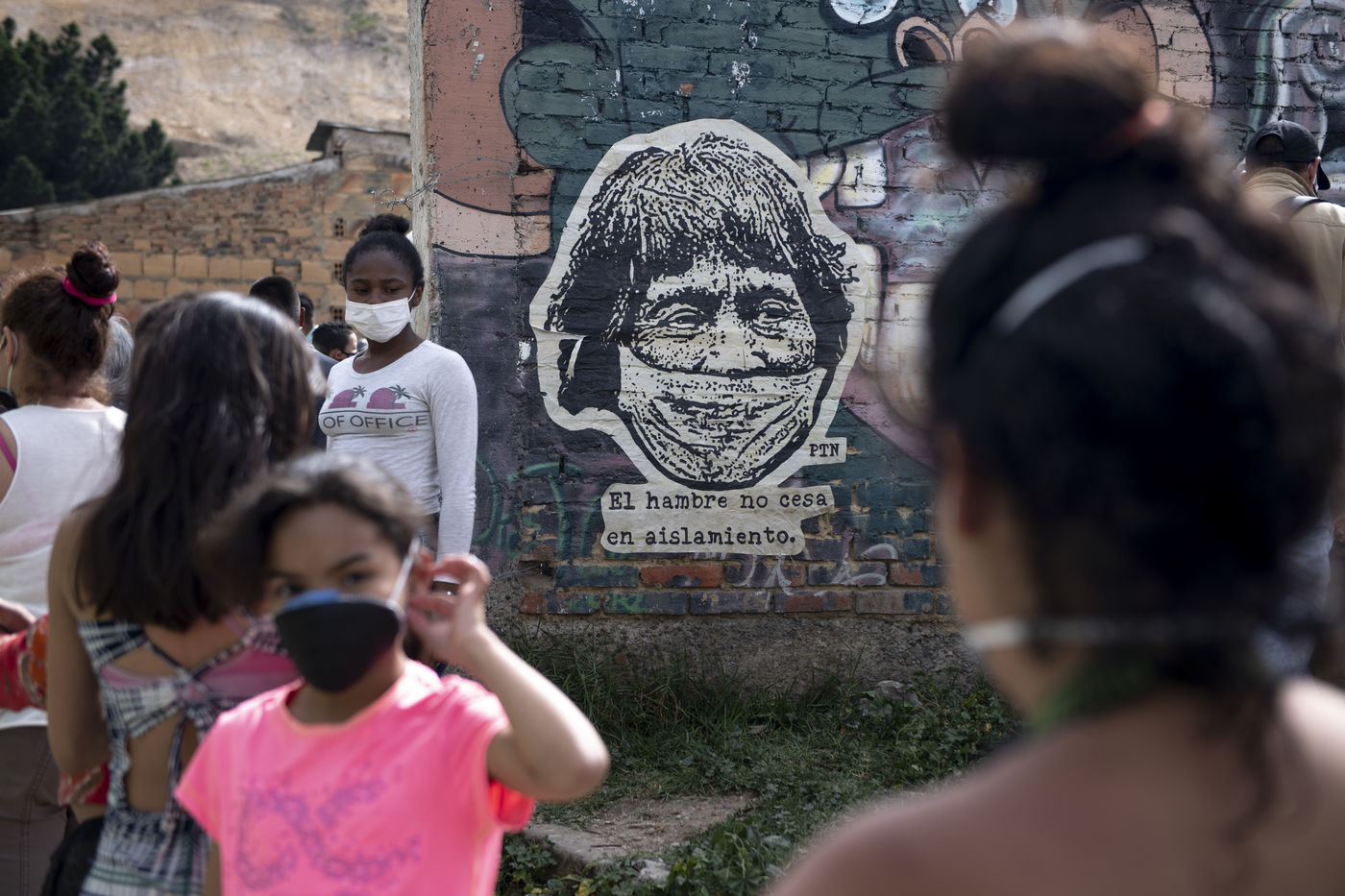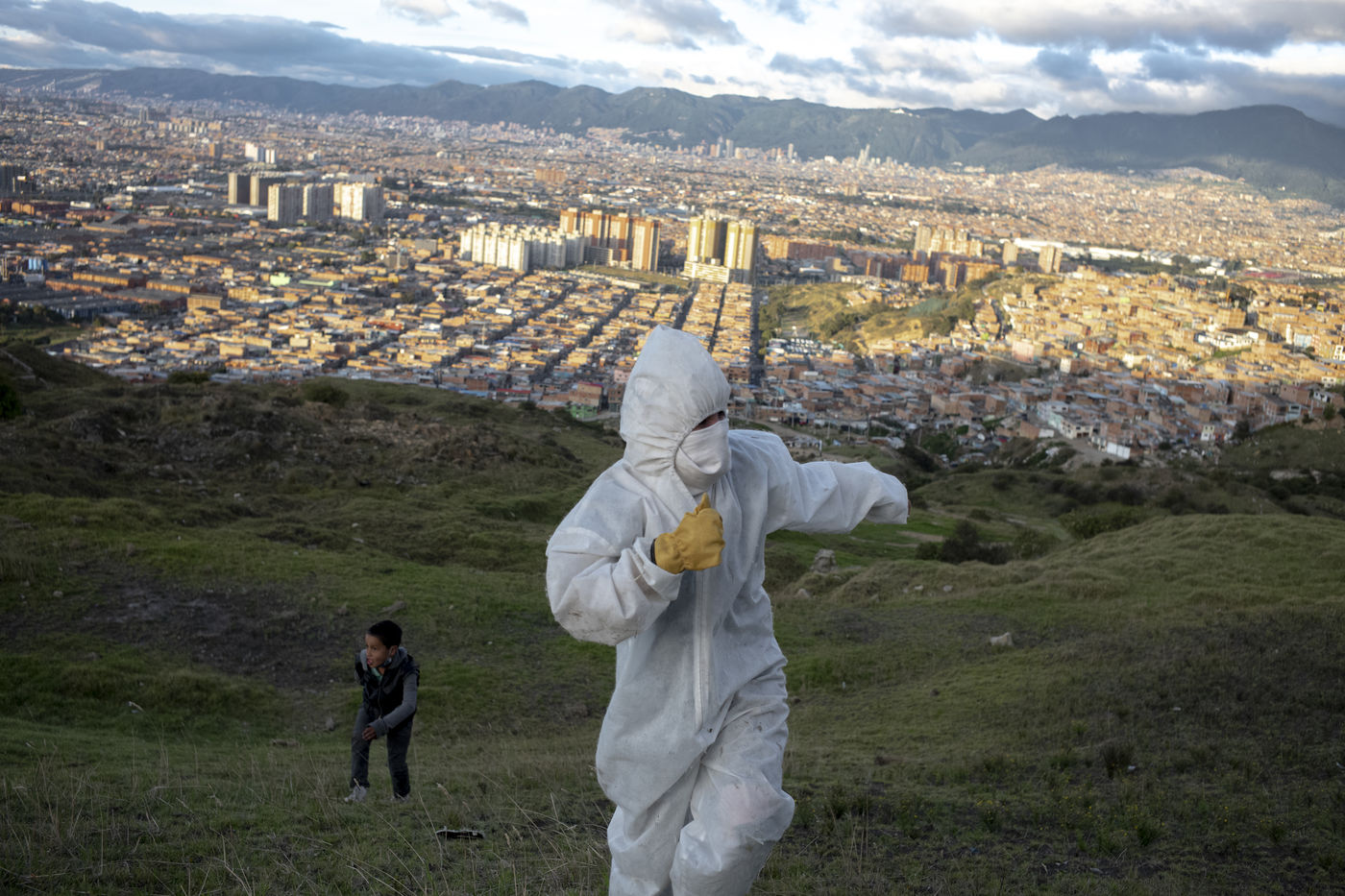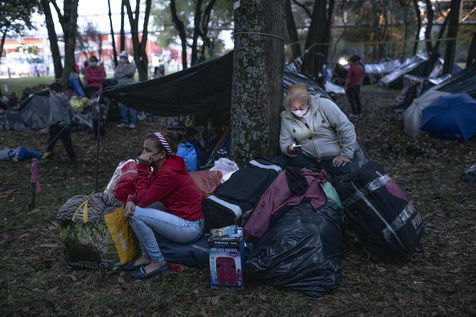The Bare City
On the first day of the quarantine in Bogota, I met in the streets only policemen, pigeons, already starving, colleagues and an unlimited number of homeless people. It was March 20, and the Bogota's urban landscapes have taken on a veil of very real dystopia.
Emptiness, poverty, the exercise of power and control.
The fallen dream of a better world.
And the invisible, hitherto hidden by the excesses and mirages of the consumer society, was becoming visible.
But with the strange consequence of the disappearance of those millions of eyes that used to scrutinize the smallest details of daily life through telephones and social networks.
The strange paradox of a universe that reveals itself with so few people to see it.
The city reveals its bareness with the quarantine. It reveals the people whose daily lives are reduced to the sheer necessity of survival. Borrowing part of the concept of "bare life" to the philosophers Walter Benjamin, Giorgio Agamben, and the anthropologist Michel Agier, the idea of a bare city refers to this space of extreme spoliation where an ever-growing and vulnerable population accumulates and is reduced to the simplest necessities of life. More than a punctual event, the Covid crisis uncovers our world while the present state of captivity instills the fear of being permanent.
It is estimated that nearly 4.5 billion people have been confined since the beginning of the crisis. In several aspects, it is a global crisis which has specific local impacts. A recent report of Oxfam focused that half a billion could be pushed into poverty if strong measures are not taken. And UNDP announced that for the first time since the concept was developed in 1990, the Human Development Index may be declining around the world. It is undoubtedly the most vulnerable populations that will also be the most affected.
Recent internal and international population exodus movements express the needs of entire sections of the population who are looking for a way to meet their basic needs while they have lost work and housing. Unfortunately, serious consequences are predicted in the coming months. The economy of the Colombian capital is based on the informal work that represents around 54% of the workflow in the capital. In the near future, the Fedesarrollo Foundation's projections estimate that national poverty levels will decline to that of 2011, and that unemployment in Bogotá will reach a level of around 20%. Beyond the purely health aspects, the Covid crisis has profound social and economic effects, the consequences of which we are only just beginning to see. Among these, perhaps the most urgent is the one that thousands of people in Bogotá are facing with the loss of a home: people are no longer working, so they no longer earn money, so they can no longer pay the rent, and so? they end up on the streets. Evictions are numerous, and one of the consequences would be an increase in the number of dwellers in the informal settlements in the coming months. Single mothers are particularly vulnerable in the current context. In the case of the many Venezuelans who have found refuge out of their native country, the solution is for them to seek to return to their native country where their families are waiting for them and at least a roof over their heads, regardless of the conditions of the return journey. On September 2020, around 100.000 Venezuelans were able to return despite of the restrictions due to the quarantine that Venezuelan government put at 1.000 entrances per week.
It is undoubtedly the most vulnerable populations that will also be the most affected. The case of the evictees from the Altos de La Estancia reveals the contempt and violence that these people face, in denial of their most basic human rights.
The Bare City is an on-going project. It tries to raise awareness about the long-term consequences of the crisis, also at its origins, in order to rethink our relationship with the world, the environment, overproduction and development. At this point, I'm developing 4 complementary axes of visual narrations: "Strange Days: Life under Covid", "The Covid Castaways", "Solidarities", "The Return: Venezuelan migrants facing the crisis".
The Bare City
On the first day of the quarantine in Bogota, I met in the streets only policemen, pigeons, already starving, colleagues and an unlimited number of homeless people. It was March 20, and the Bogota's urban landscapes have taken on a veil of very real dystopia.
Emptiness, poverty, the exercise of power and control.
The fallen dream of a better world.
And the invisible, hitherto hidden by the excesses and mirages of the consumer society, was becoming visible.
But with the strange consequence of the disappearance of those millions of eyes that used to scrutinize the smallest details of daily life through telephones and social networks.
The strange paradox of a universe that reveals itself with so few people to see it.
The city reveals its bareness with the quarantine. It reveals the people whose daily lives are reduced to the sheer necessity of survival. Borrowing part of the concept of "bare life" to the philosophers Walter Benjamin, Giorgio Agamben, and the anthropologist Michel Agier, the idea of a bare city refers to this space of extreme spoliation where an ever-growing and vulnerable population accumulates and is reduced to the simplest necessities of life. More than a punctual event, the Covid crisis uncovers our world while the present state of captivity instills the fear of being permanent.
It is estimated that nearly 4.5 billion people have been confined since the beginning of the crisis. In several aspects, it is a global crisis which has specific local impacts. A recent report of Oxfam focused that half a billion could be pushed into poverty if strong measures are not taken. And UNDP announced that for the first time since the concept was developed in 1990, the Human Development Index may be declining around the world. It is undoubtedly the most vulnerable populations that will also be the most affected.
Recent internal and international population exodus movements express the needs of entire sections of the population who are looking for a way to meet their basic needs while they have lost work and housing. Unfortunately, serious consequences are predicted in the coming months. The economy of the Colombian capital is based on the informal work that represents around 54% of the workflow in the capital. In the near future, the Fedesarrollo Foundation's projections estimate that national poverty levels will decline to that of 2011, and that unemployment in Bogotá will reach a level of around 20%. Beyond the purely health aspects, the Covid crisis has profound social and economic effects, the consequences of which we are only just beginning to see. Among these, perhaps the most urgent is the one that thousands of people in Bogotá are facing with the loss of a home: people are no longer working, so they no longer earn money, so they can no longer pay the rent, and so? they end up on the streets. Evictions are numerous, and one of the consequences would be an increase in the number of dwellers in the informal settlements in the coming months. Single mothers are particularly vulnerable in the current context. In the case of the many Venezuelans who have found refuge out of their native country, the solution is for them to seek to return to their native country where their families are waiting for them and at least a roof over their heads, regardless of the conditions of the return journey. On September 2020, around 100.000 Venezuelans were able to return despite of the restrictions due to the quarantine that Venezuelan government put at 1.000 entrances per week.
It is undoubtedly the most vulnerable populations that will also be the most affected. The case of the evictees from the Altos de La Estancia reveals the contempt and violence that these people face, in denial of their most basic human rights.
The Bare City is an on-going project. It tries to raise awareness about the long-term consequences of the crisis, also at its origins, in order to rethink our relationship with the world, the environment, overproduction and development. At this point, I'm developing 4 complementary axes of visual narrations: "Strange Days: Life under Covid", "The Covid Castaways", "Solidarities", "The Return: Venezuelan migrants facing the crisis".
